
Meet Jane, a lovely and energetic 72-year-old who loves spending time with her grandchildren. As she ages, she's noticed that her feet are becoming more and more of a challenge to maintain. She isn't alone—many seniors face the same issue. Fortunately, there's a wide range of foot care tools specifically designed for seniors, like the foot scrubber. In this article, we'll explore the best foot care tools to help seniors like Jane keep their feet healthy, comfortable, and pain-free.
The Magic of Foot Scrubbers for Seniors
One of the most essential foot care tools for seniors is the foot scrubber. It's an excellent tool that helps remove dead skin, dirt, and bacteria from the feet, preventing infections and promoting good foot hygiene. The best part? Seniors can easily use it in the shower without bending or stretching, reducing the risk of falls.
Benefits of a Foot Scrubber for Seniors
- Promotes blood circulation: Using a foot scrubber can help improve blood circulation in the feet, which is essential for seniors. Good circulation promotes overall foot health and can help reduce the risk of developing conditions like peripheral artery disease and diabetic neuropathy.
- Exfoliates and softens skin: A foot scrubber can gently exfoliate the skin, removing dead skin cells and revealing the soft, smooth skin underneath.
- Prevents foot odor: Regular use of a foot scrubber can help prevent foot odor by removing the buildup of bacteria and dead skin cells that contribute to smelly feet.
- Reduces the risk of infection: Keeping feet clean and free of dead skin can help prevent infections, especially in seniors who may have compromised immune systems or diabetes.
Jane started using a foot scrubber and noticed a significant improvement in her feet's condition. Not only did her feet look and feel better, but she also experienced less discomfort while walking.

Other Essential Foot Care Tools for Seniors
In addition to a foot scrubber, there are other foot care tools that seniors should consider incorporating into their foot care routine.
- Pumice stones: These natural stones are great for gently removing dead skin and calluses from the feet. Seniors should be cautious when using a pumice stone, as they can be abrasive and cause irritation if used too forcefully. Learn more about pumice stones in our comprehensive guide.
- Callus removers: Callus removers are essential for seniors who suffer from calluses and corns. They come in various types, from manual scrapers to electric devices. Find the best callus remover for you in our ultimate guide.
- Foot cream: A good foot cream can help moisturize and soothe dry, cracked skin, which is common among seniors. Look for creams with ingredients like shea butter, urea, and glycerin for maximum hydration.
- Toe separators: Toe separators can help seniors who suffer from overlapping toes or bunions, providing relief and comfort.
- Nail clippers and files: Seniors should maintain their toenails by trimming and filing them regularlyto prevent ingrown toenails and other foot problems. It's essential to choose nail clippers specifically designed for toenails, as they are usually larger and more durable than fingernail clippers. Look for clippers with ergonomic handles and curved blades for safe and easy trimming.
- Thermal foot warmers: Cold feet can be a common issue for seniors, as circulation may decrease with age. A thermal foot warmer can help keep feet warm and comfortable, promoting relaxation and better sleep.
- Orthotic insoles: Orthotic insoles can provide much-needed support and cushioning for seniors with foot pain, plantar fasciitis, or flat feet. Make sure to consult with a podiatrist or foot care specialist to find the right orthotic insoles for your specific needs.
Tips for Maintaining Healthy Feet in Seniors
To get the most out of these foot care tools, seniors should follow these foot care tips:
- Wash feet daily: Use a foot scrubber or gentle soap and water to clean your feet every day. Make sure to dry them thoroughly, especially between the toes, to prevent fungal infections.
- Moisturize: Apply foot cream daily to keep your feet soft and hydrated. Avoid applying cream between the toes, as excess moisture can promote fungal growth.
- Wear proper footwear: Choose shoes with adequate support and cushioning that fit correctly. Avoid tight or ill-fitting shoes that can cause foot pain and other problems.
- Inspect feet regularly: Seniors should check their feet daily for cuts, blisters, and other abnormalities. If you notice any issues, consult a foot care professional immediately.
- Trim toenails regularly: Keep toenails trimmed straight across and not too short to prevent ingrown toenails and other foot problems.
- Elevate feet when resting: Elevating your feet can help reduce swelling and improve circulation.
By following these tips and incorporating foot care tools like the foot scrubber into their routine, seniors can enjoy healthier, more comfortable feet.
Conclusion
Foot care is essential for seniors like Jane, who want to maintain their independence and enjoy their golden years. Tools like the foot scrubber can make a significant difference in keeping feet clean, healthy, and pain-free. Along with other foot care tools and proper foot care practices, seniors can experience improved foot health and overall well-being.
For more information on foot care tools and practices, explore our blog and journal for helpful articles and guides. Remember to prioritize your foot health and give your feet the love and attention they deserve. After all, they've carried you throughout your life—it's time to return the favor!
Frequently Asked Questions
How do you take care of elderly feet?
To take care of elderly feet, follow these steps:
- Wash feet daily with a foot scrubber or gentle soap and water.
- Dry feet thoroughly, especially between the toes, to prevent fungal infections.
- Moisturize feet daily with a good foot cream, avoiding the area between the toes.
- Wear proper footwear with adequate support and cushioning.
- Inspect feet regularly for cuts, blisters, and other abnormalities.
- Trim toenails regularly, cutting straight across and not too short.
- Elevate feet when resting to reduce swelling and improve circulation.
How do you take care of elderly feet and nails?
To take care of elderly feet and nails:
- Wash feet daily with a foot scrubber or gentle soap and water.
- Trim toenails regularly, cutting straight across and not too short to prevent ingrown toenails.
- File toenails to smooth any rough edges.
- Keep an eye out for any signs of fungal infections or other nail problems.
- Consult a foot care professional if you notice any issues with your nails, such as discoloration or thickening.
Why is foot care important for seniors?
Foot care is crucial for seniors for several reasons:
- Maintaining foot health helps prevent infections, which can be more severe for seniors with compromised immune systems or diabetes.
- Good foot hygiene can prevent foot odor and promote overall foot comfort.
- Proper foot care can prevent painful conditions like calluses, corns, and ingrown toenails.
- Healthy feet enable seniors to maintain their mobility and independence, improving their quality of life.
What is the best practice foot care?
The best practice foot care includes:
- Washing your feet daily using a foot scrubber or gentle soap and water.
- Drying your feet thoroughly, especially between the toes, to prevent fungal infections.
- Moisturizing your feet daily with a suitable foot cream.
- Wearing proper footwear with adequate support and cushioning.
- Inspecting your feet regularly for any abnormalities or signs of infection.
- Trimming your toenails regularly, cutting straight across and not too short.
- Seeking professional help if you notice any foot problems or concerns.

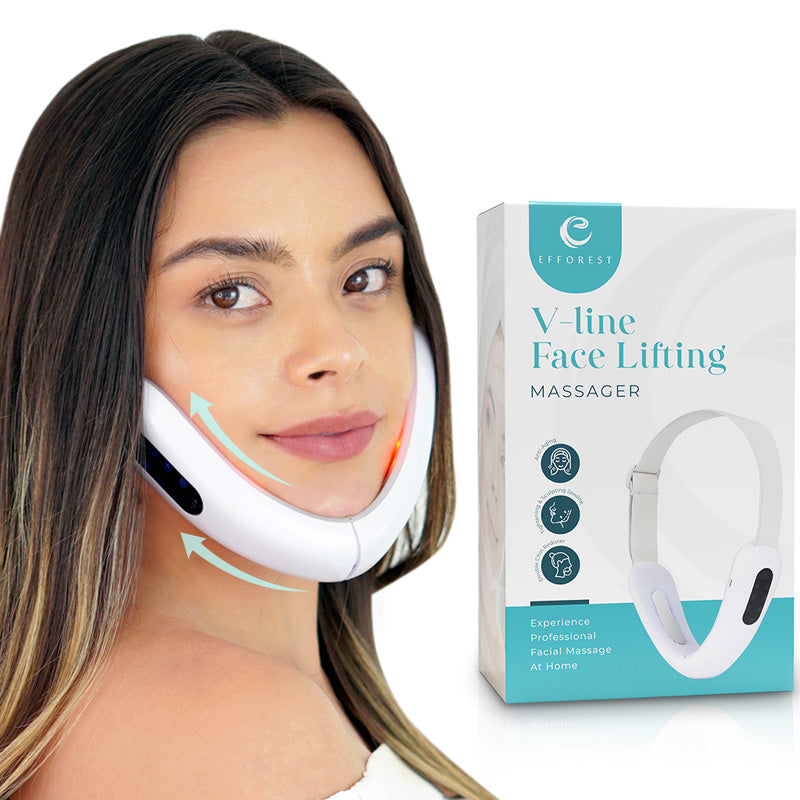
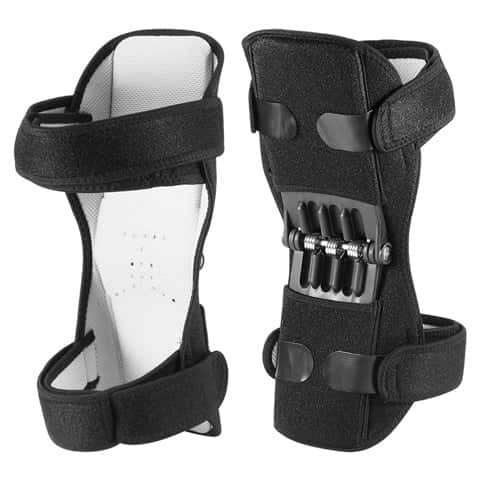
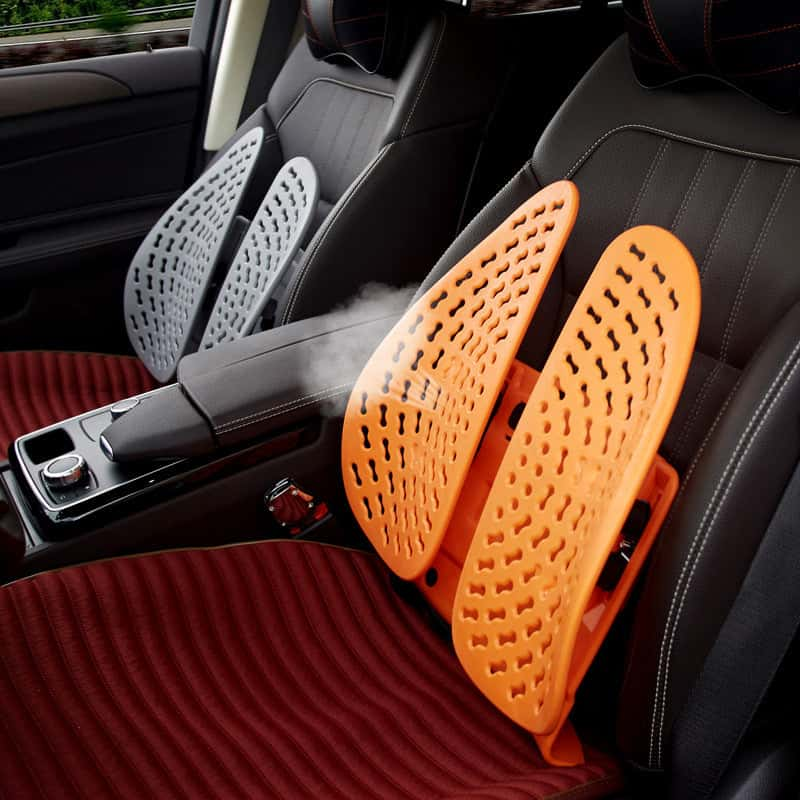
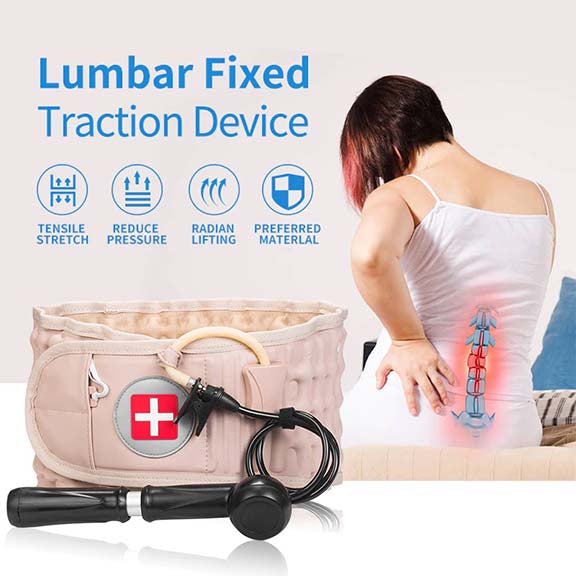
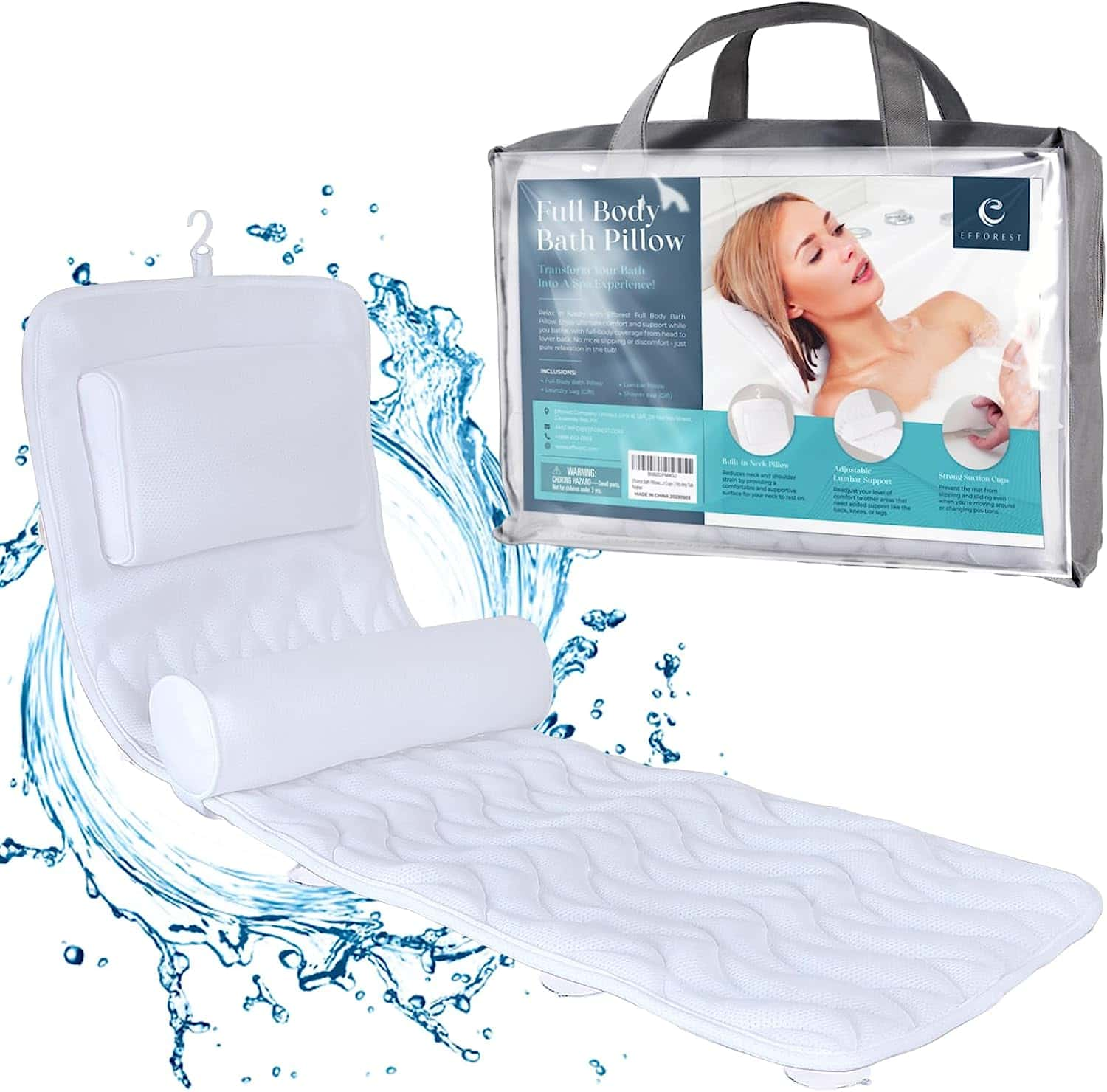
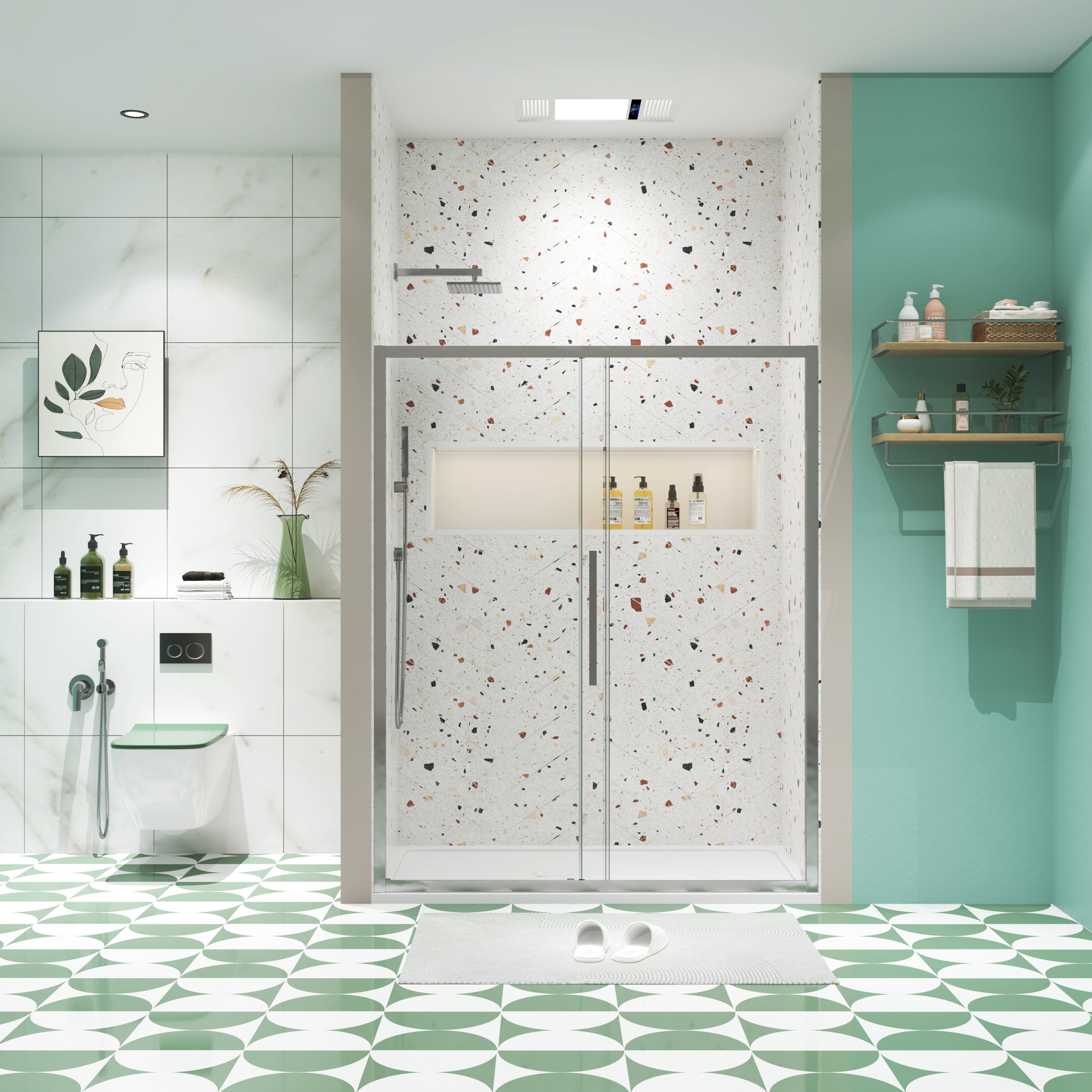

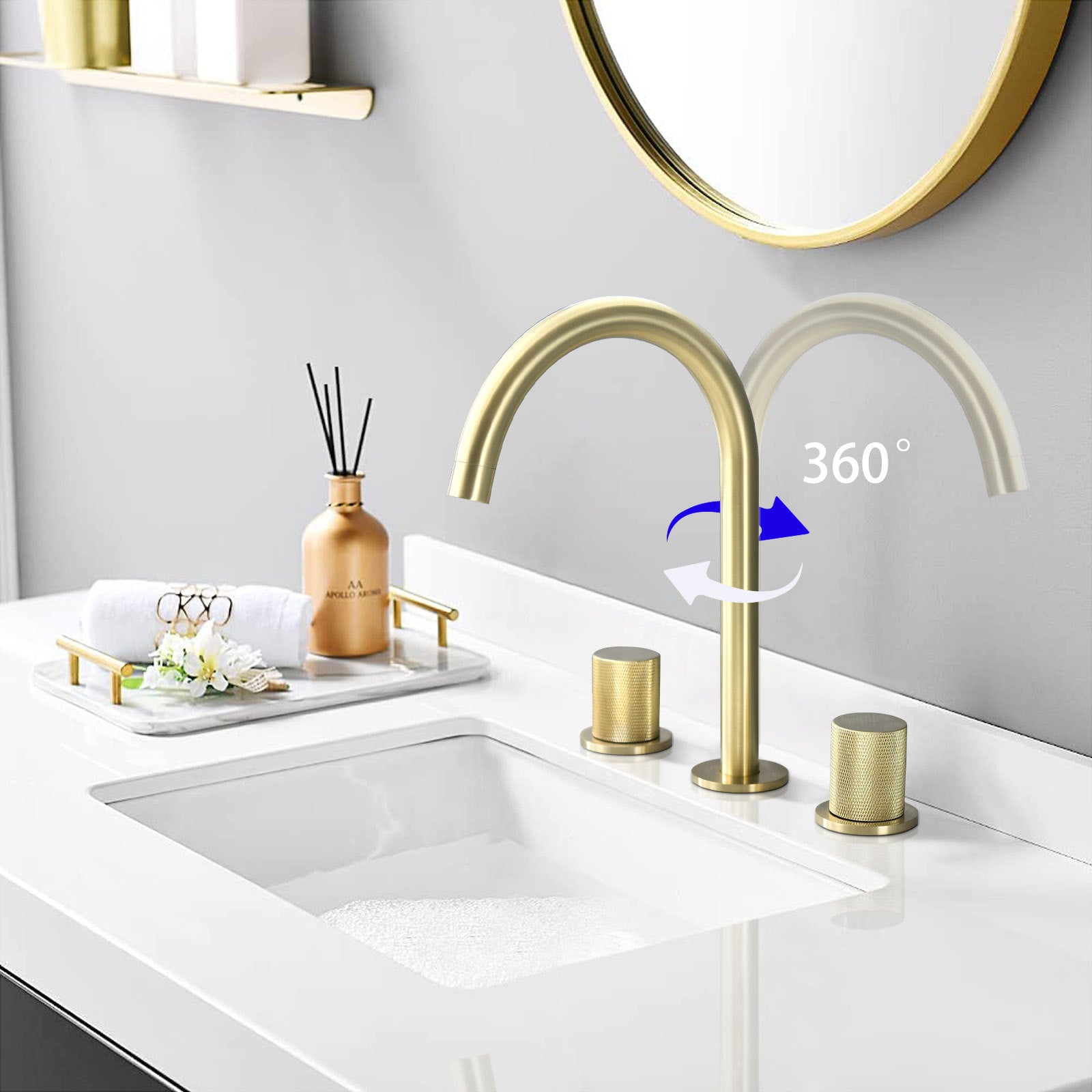
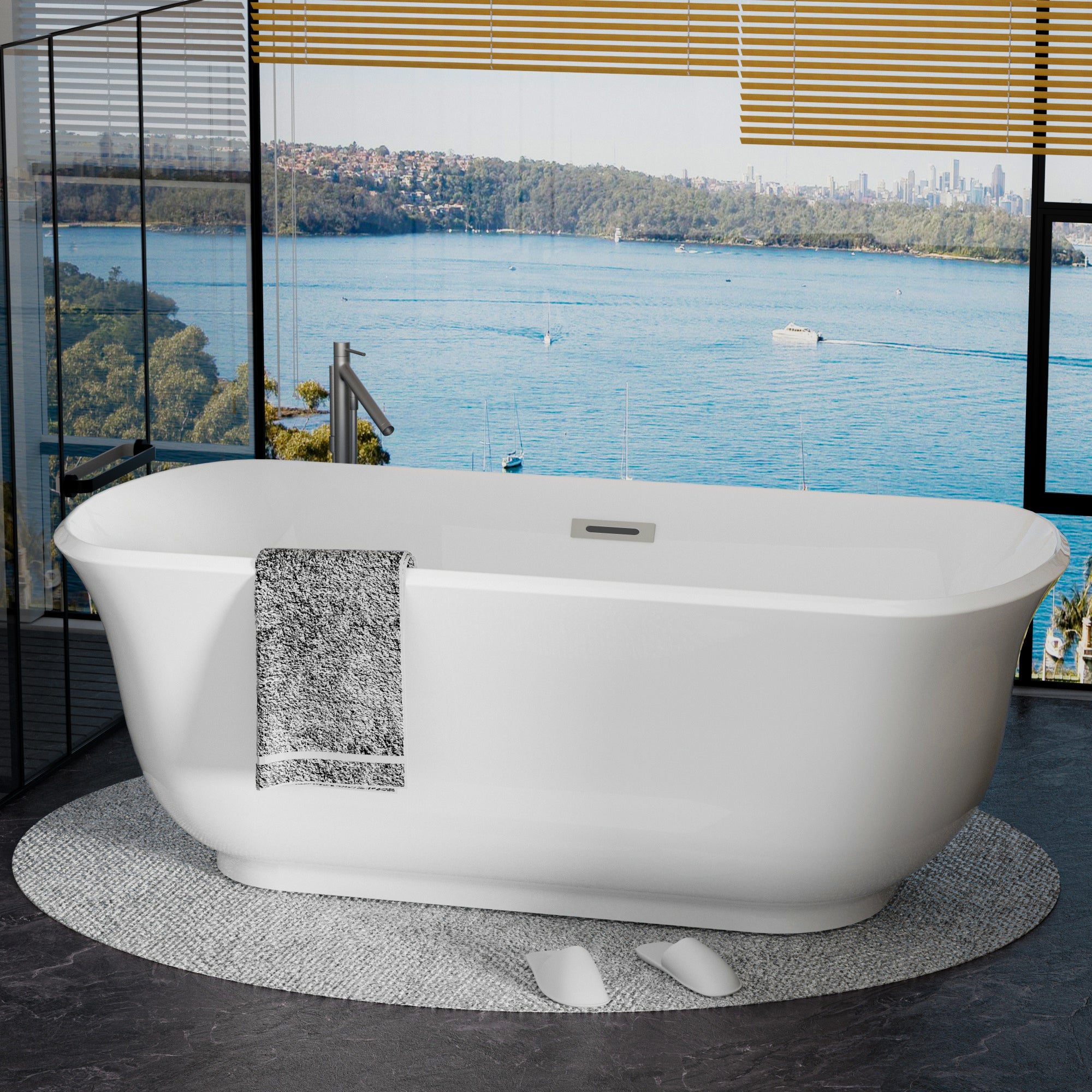
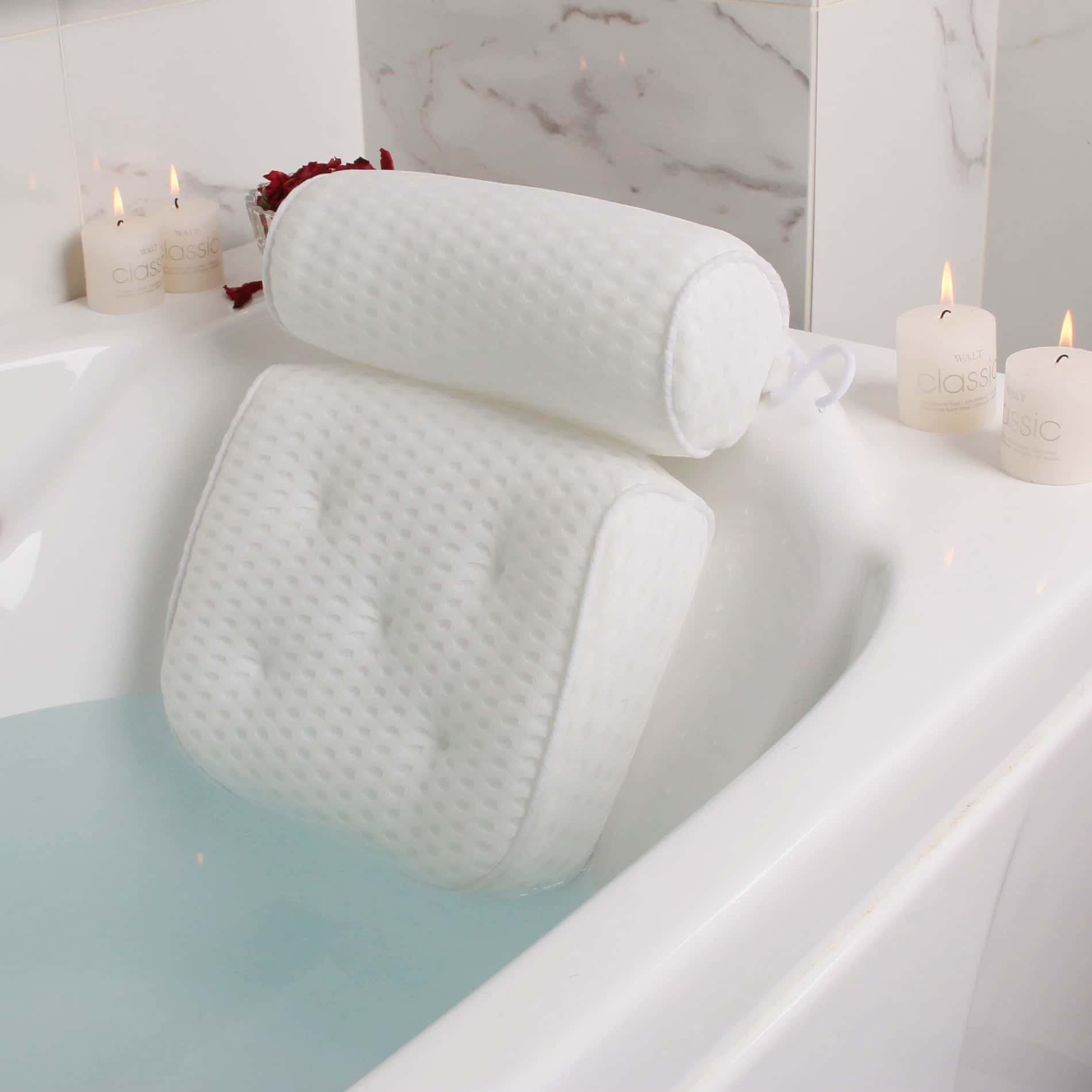
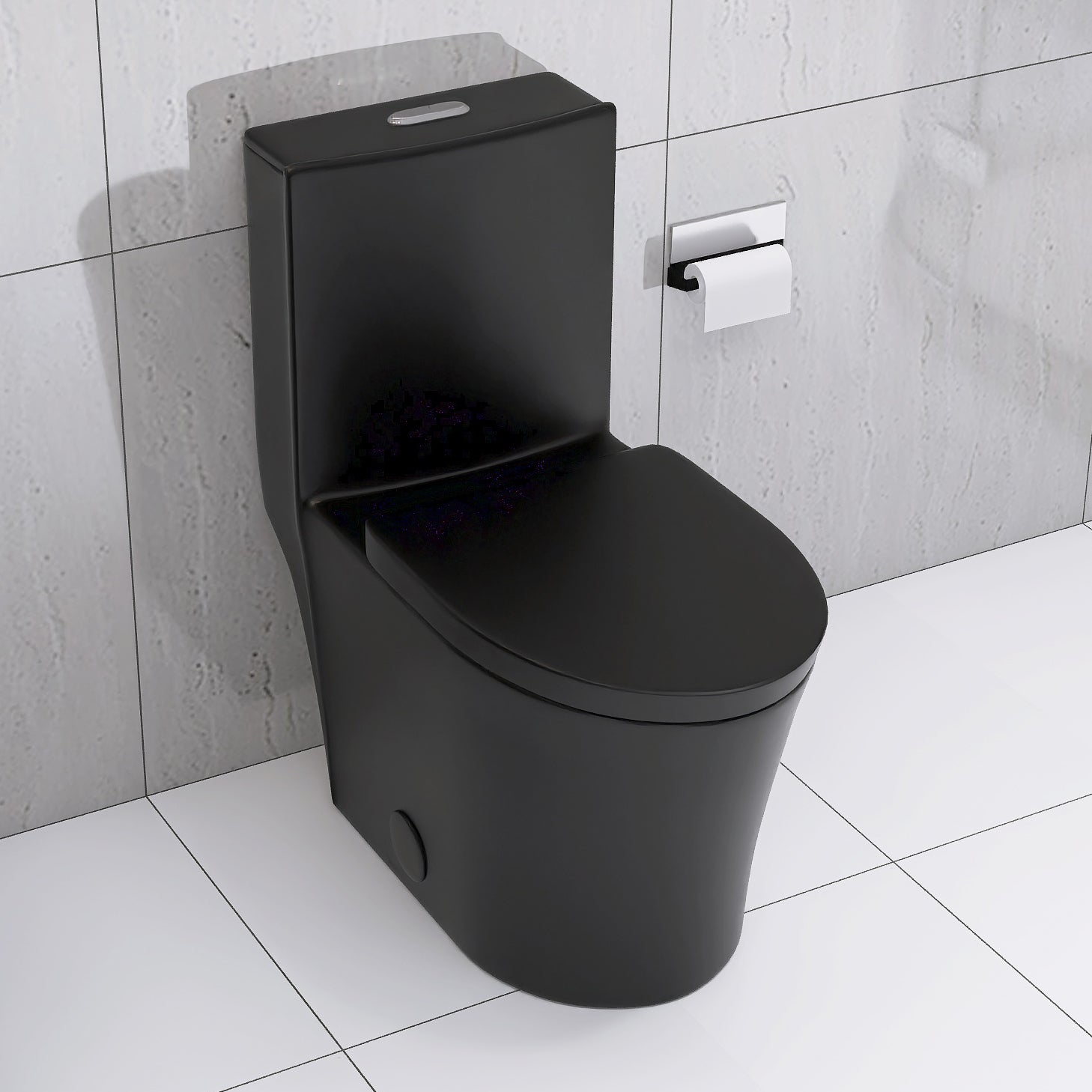
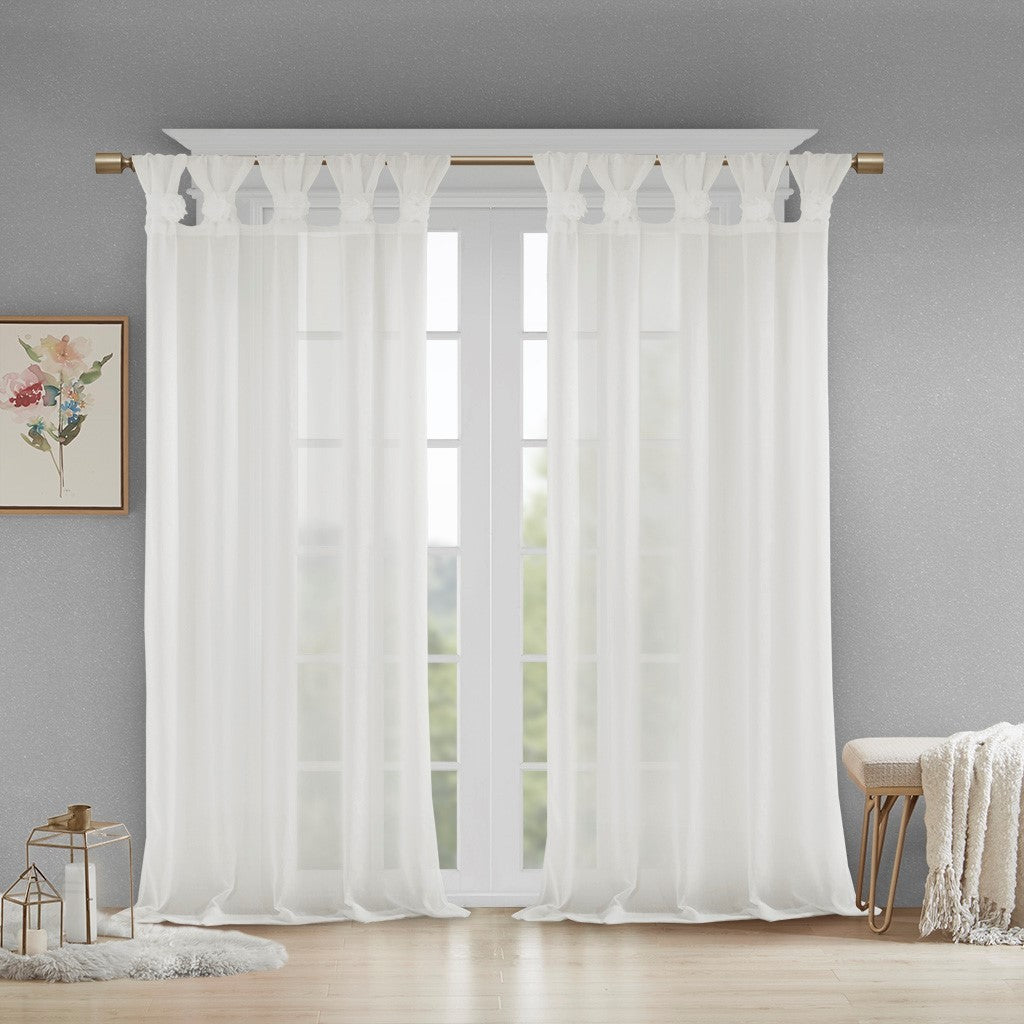
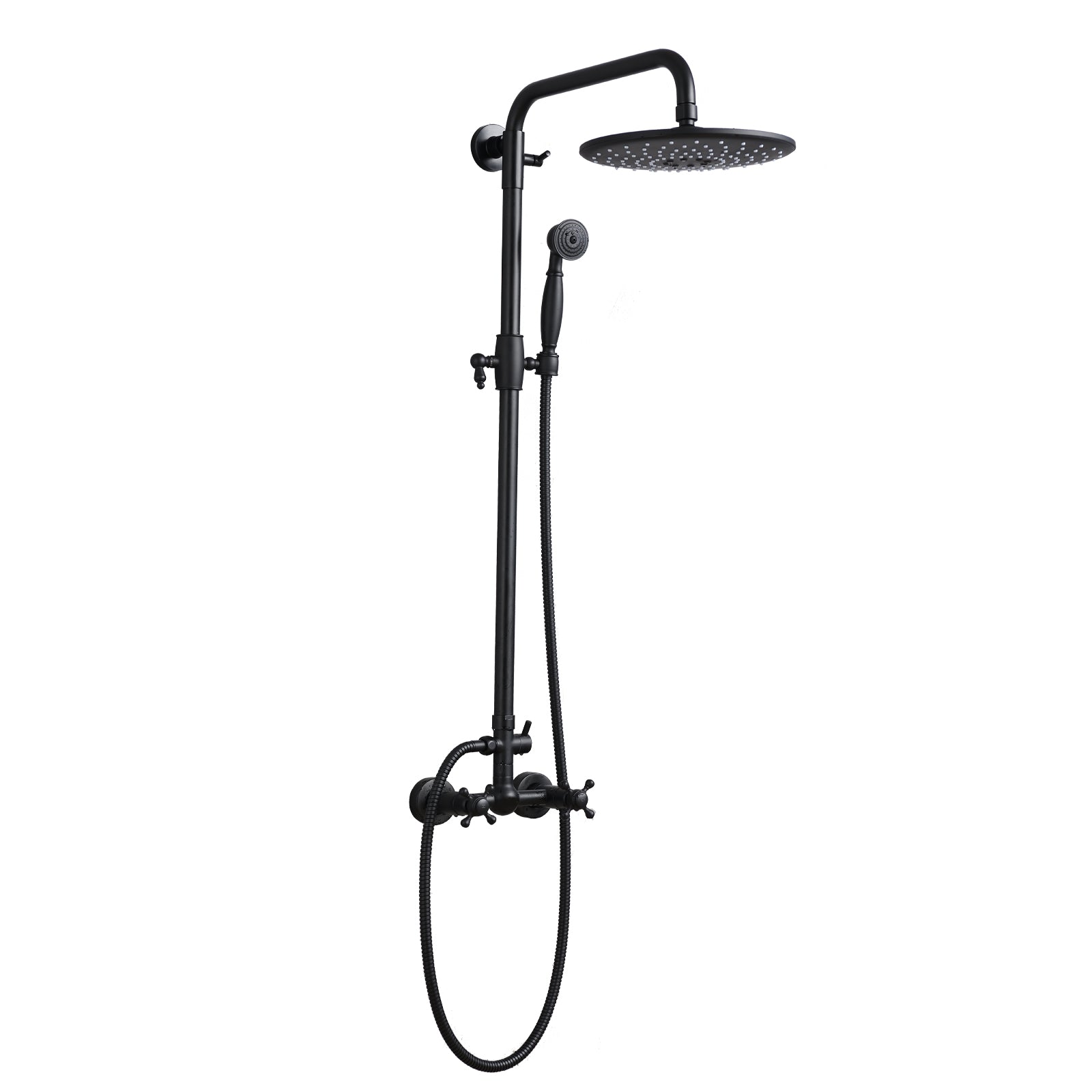


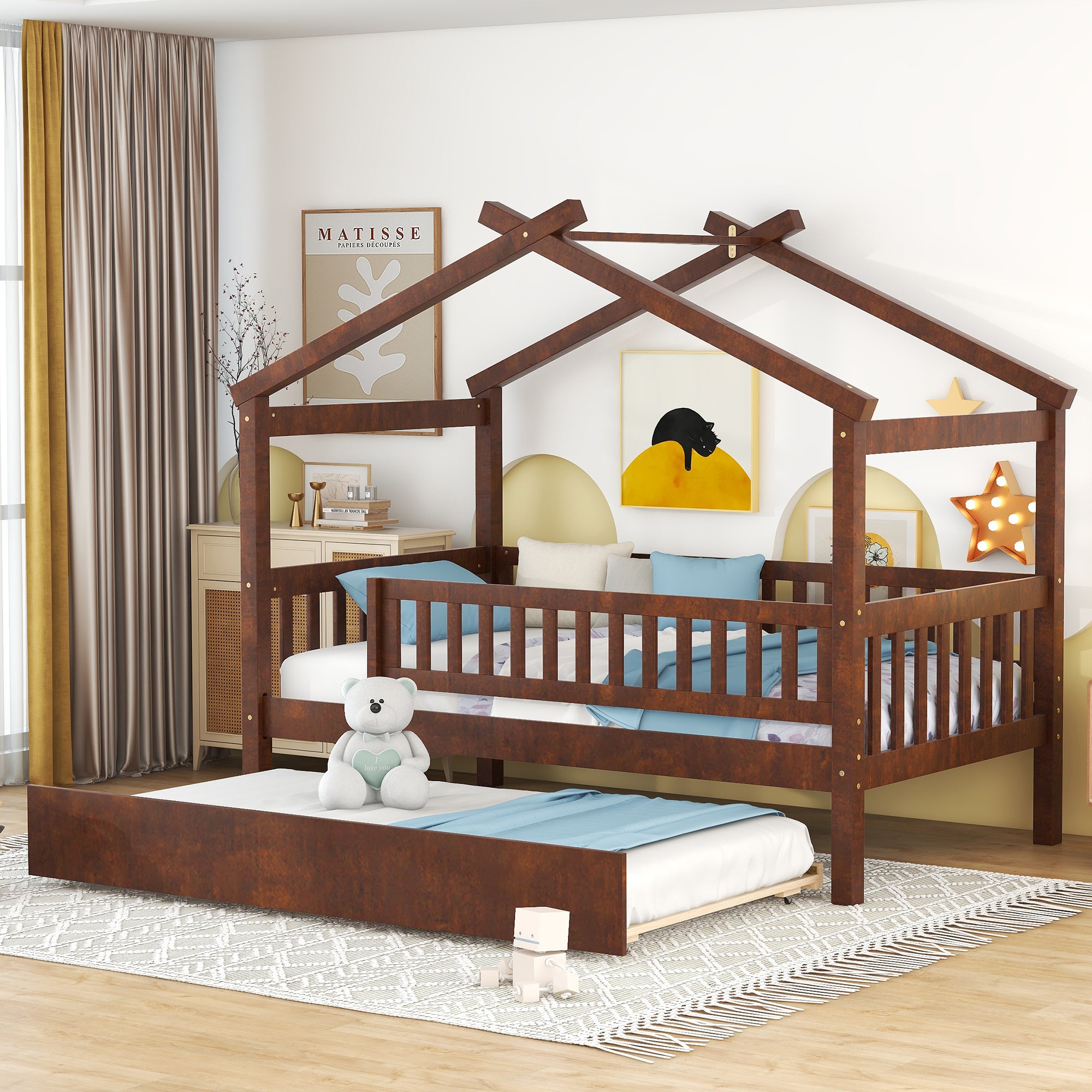







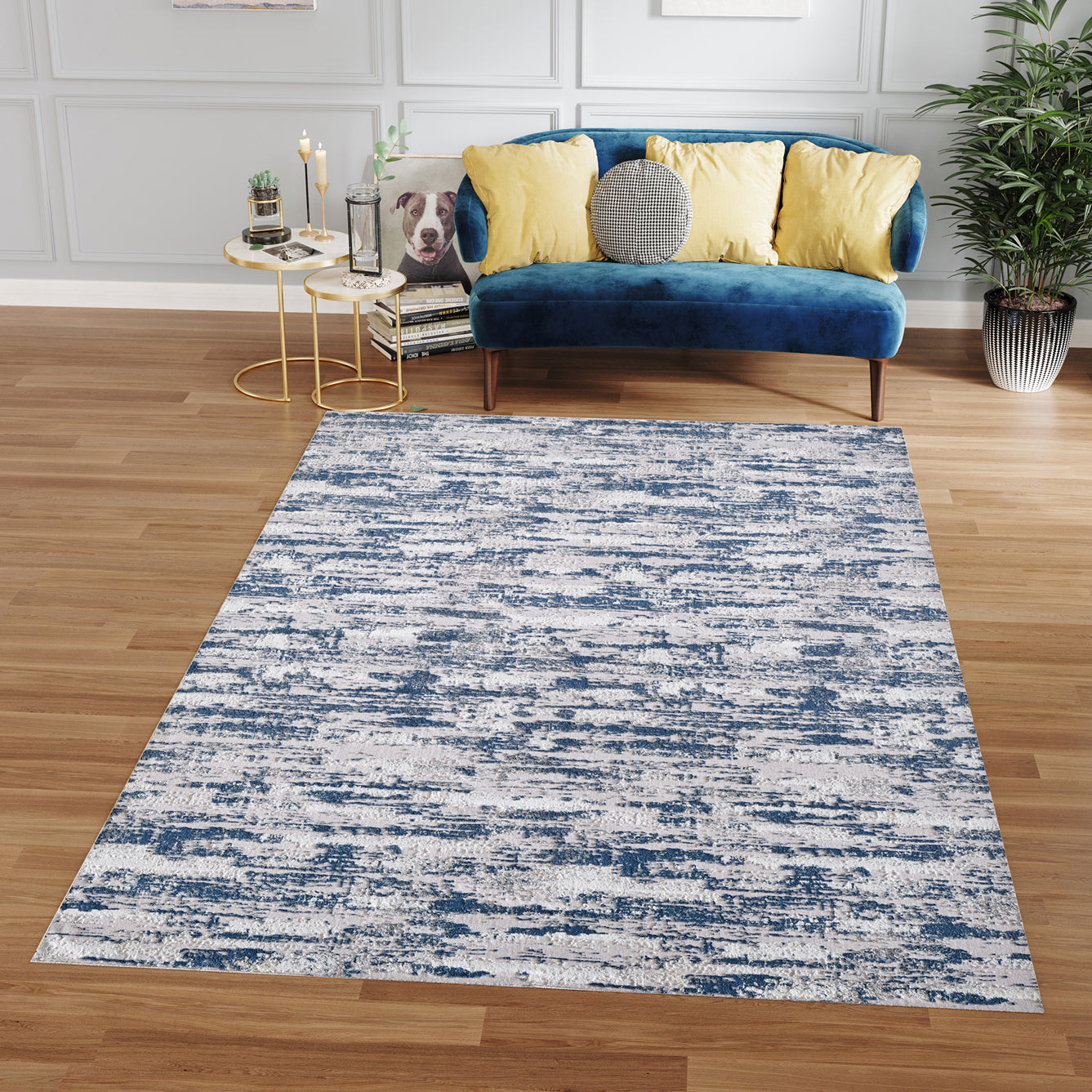
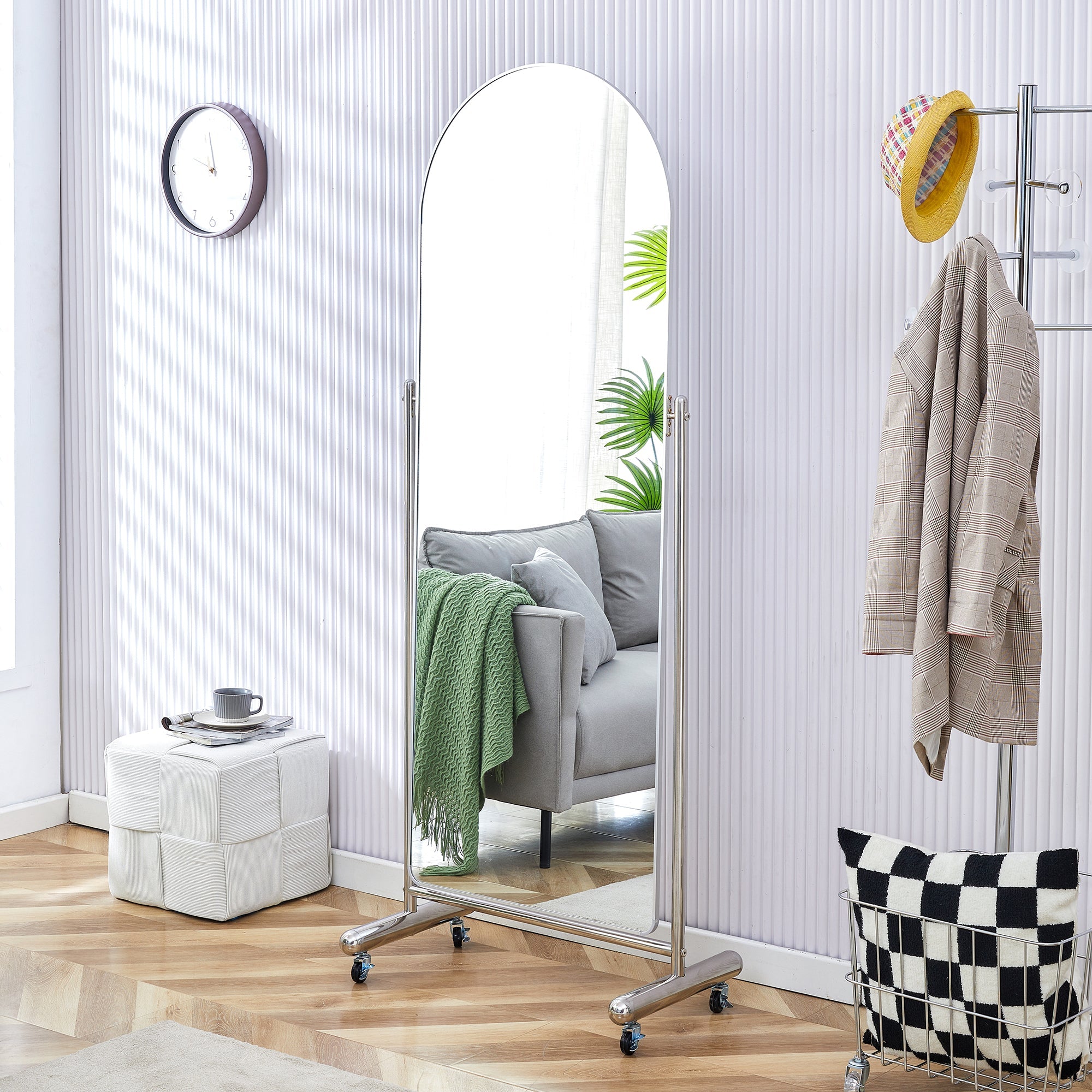

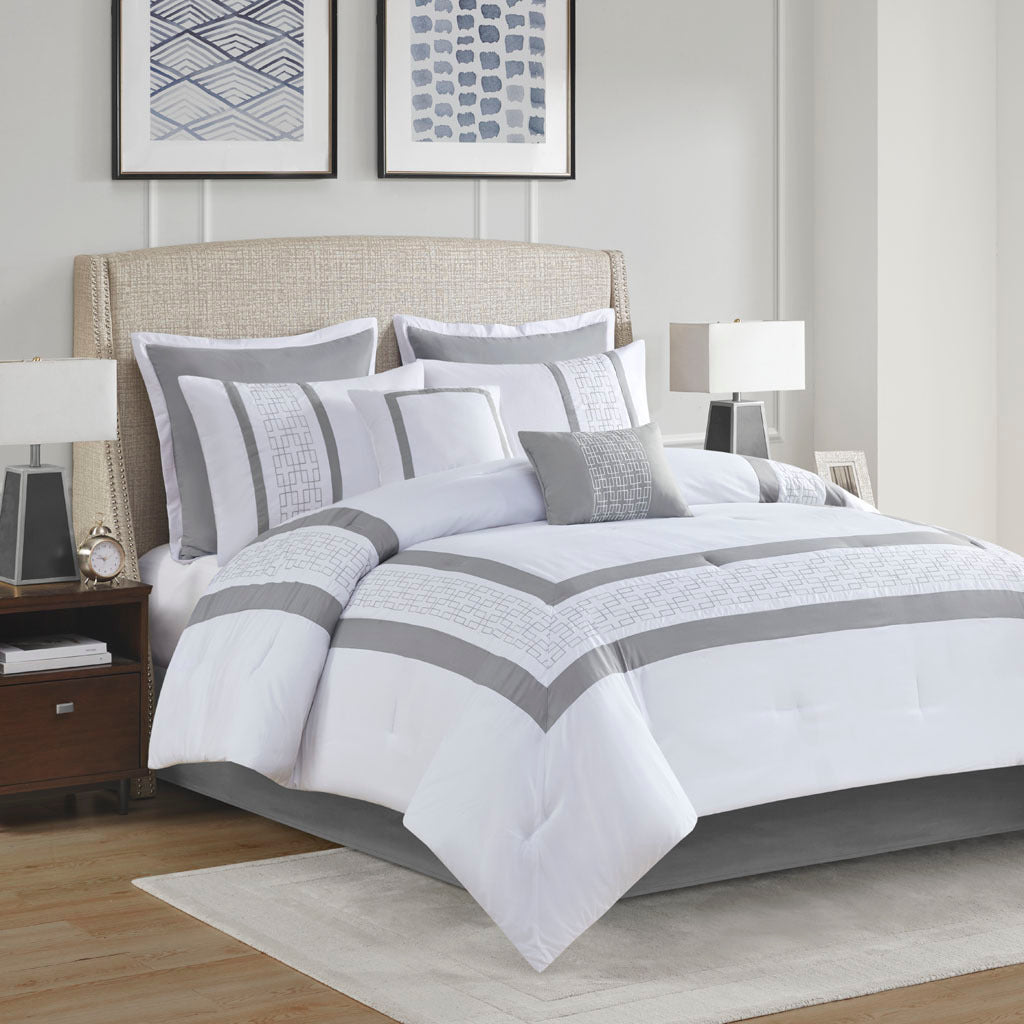


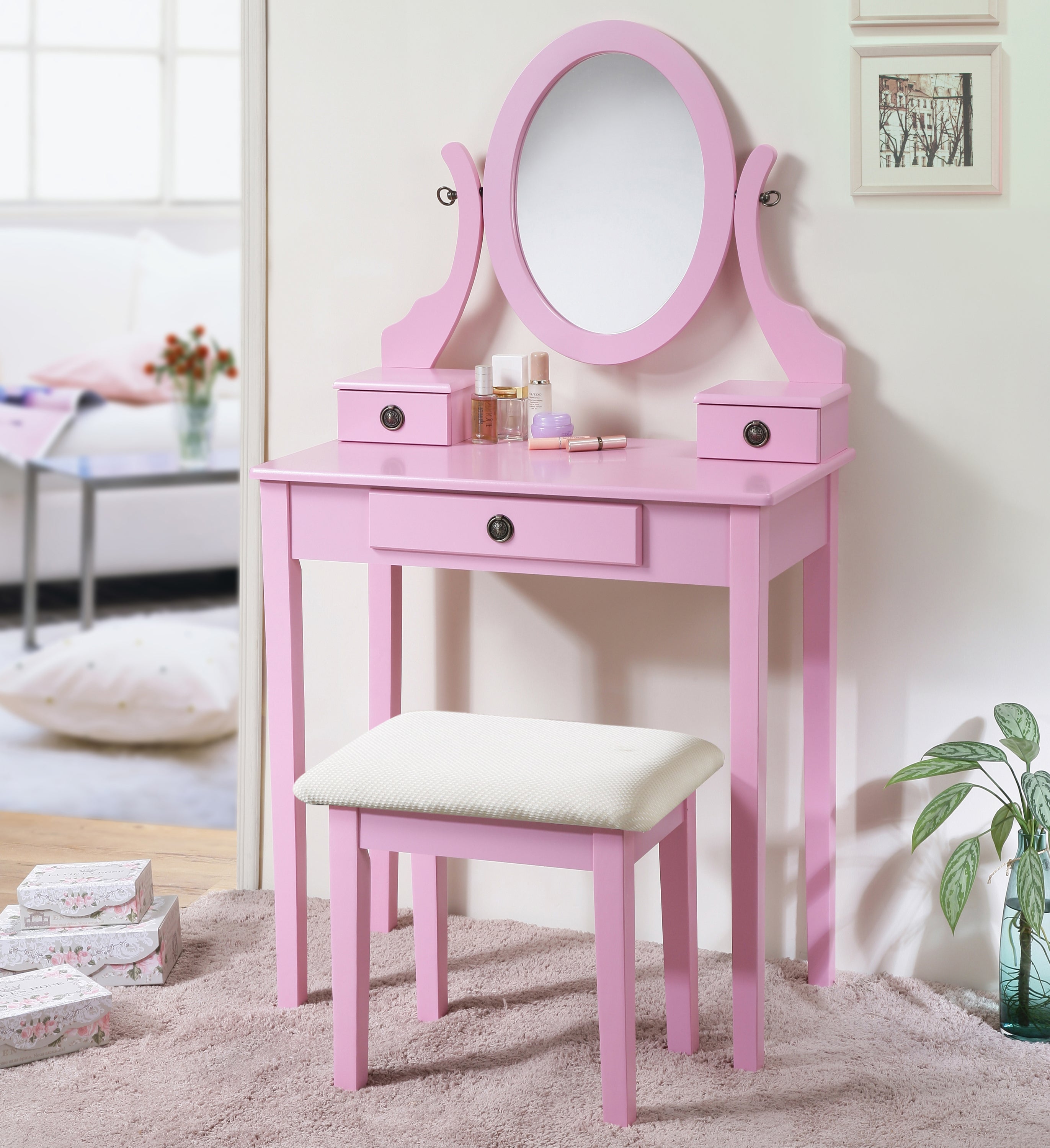
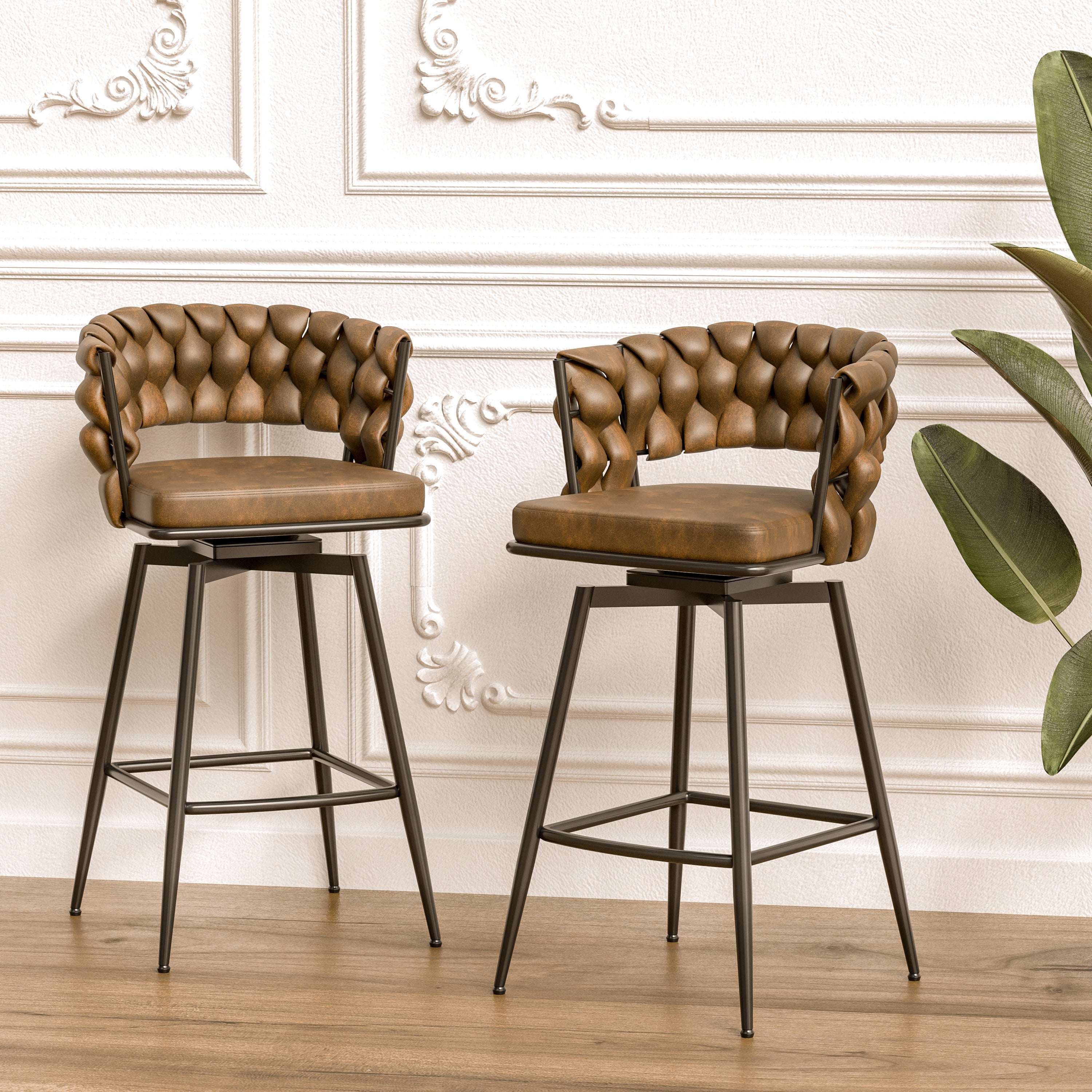
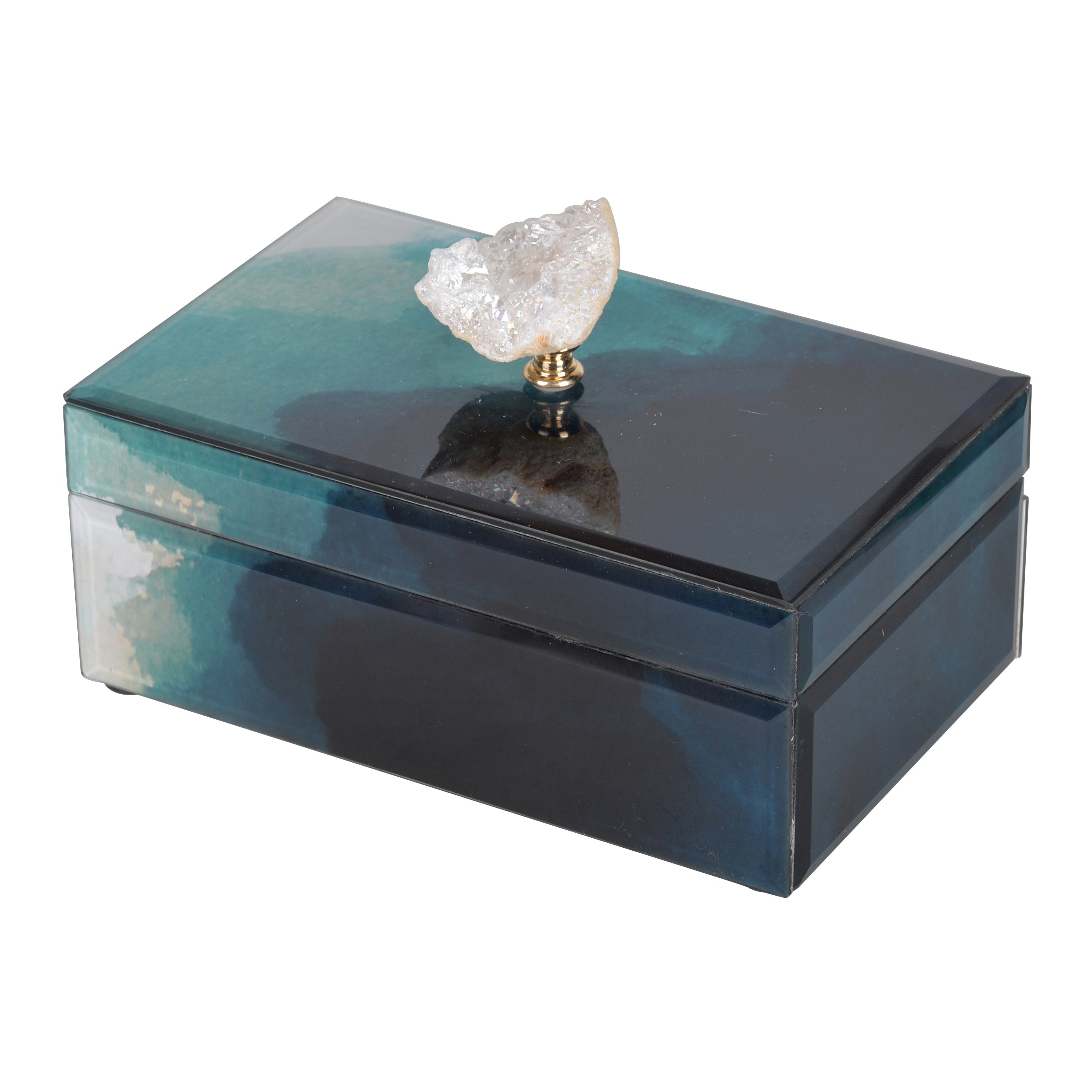
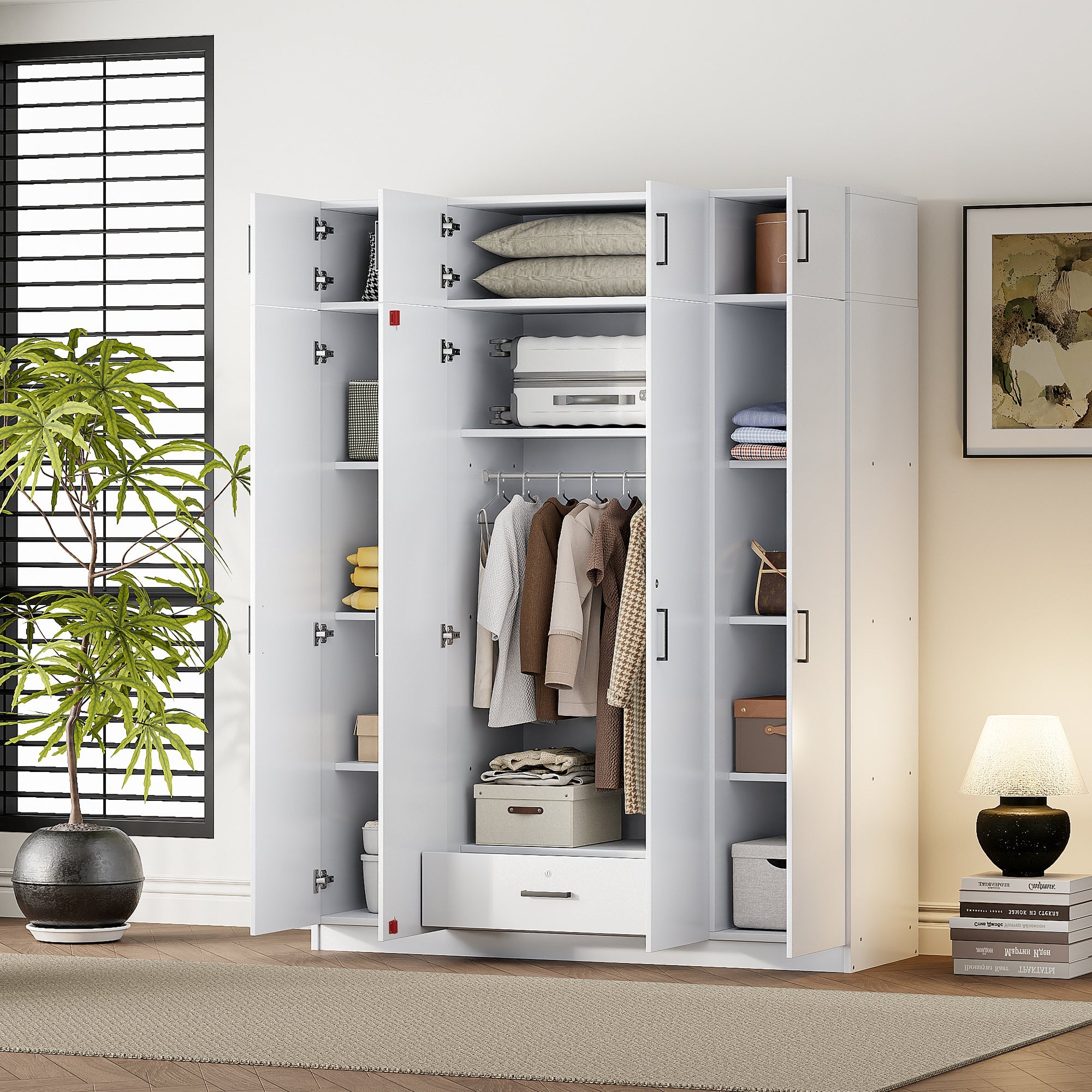
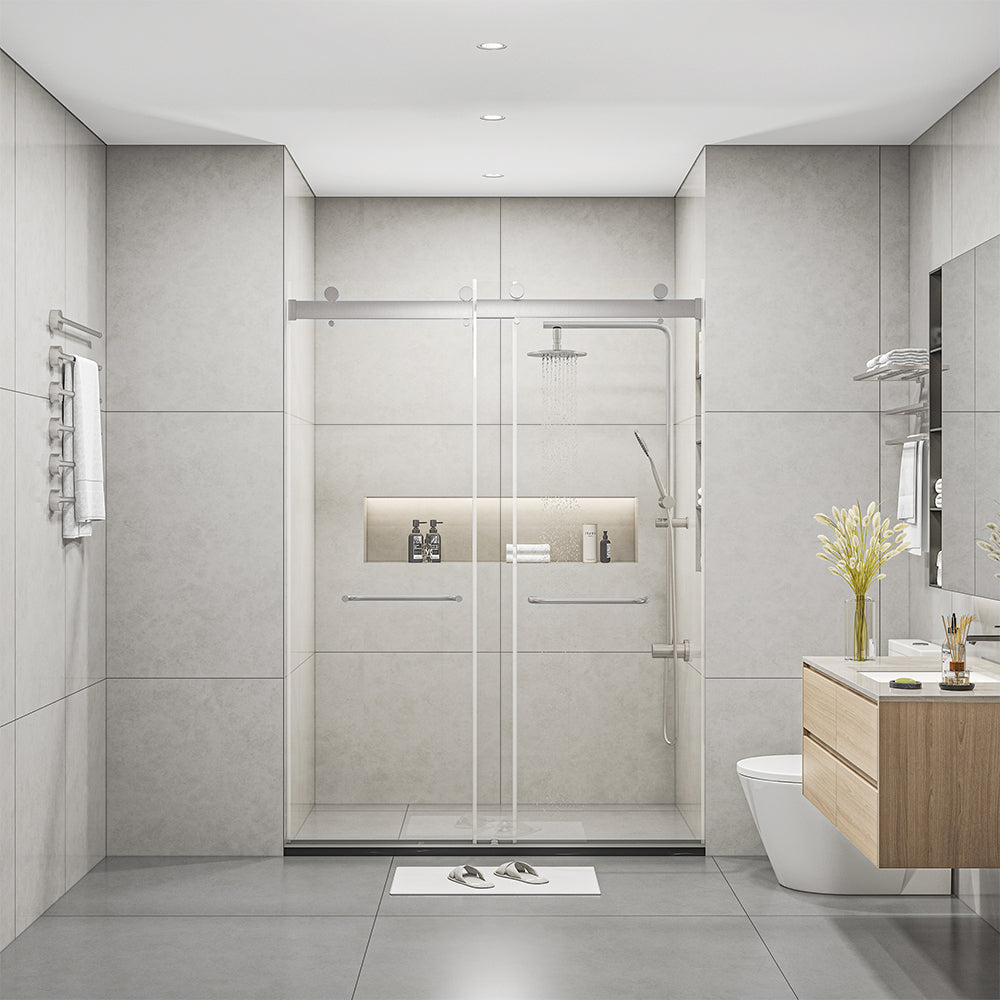
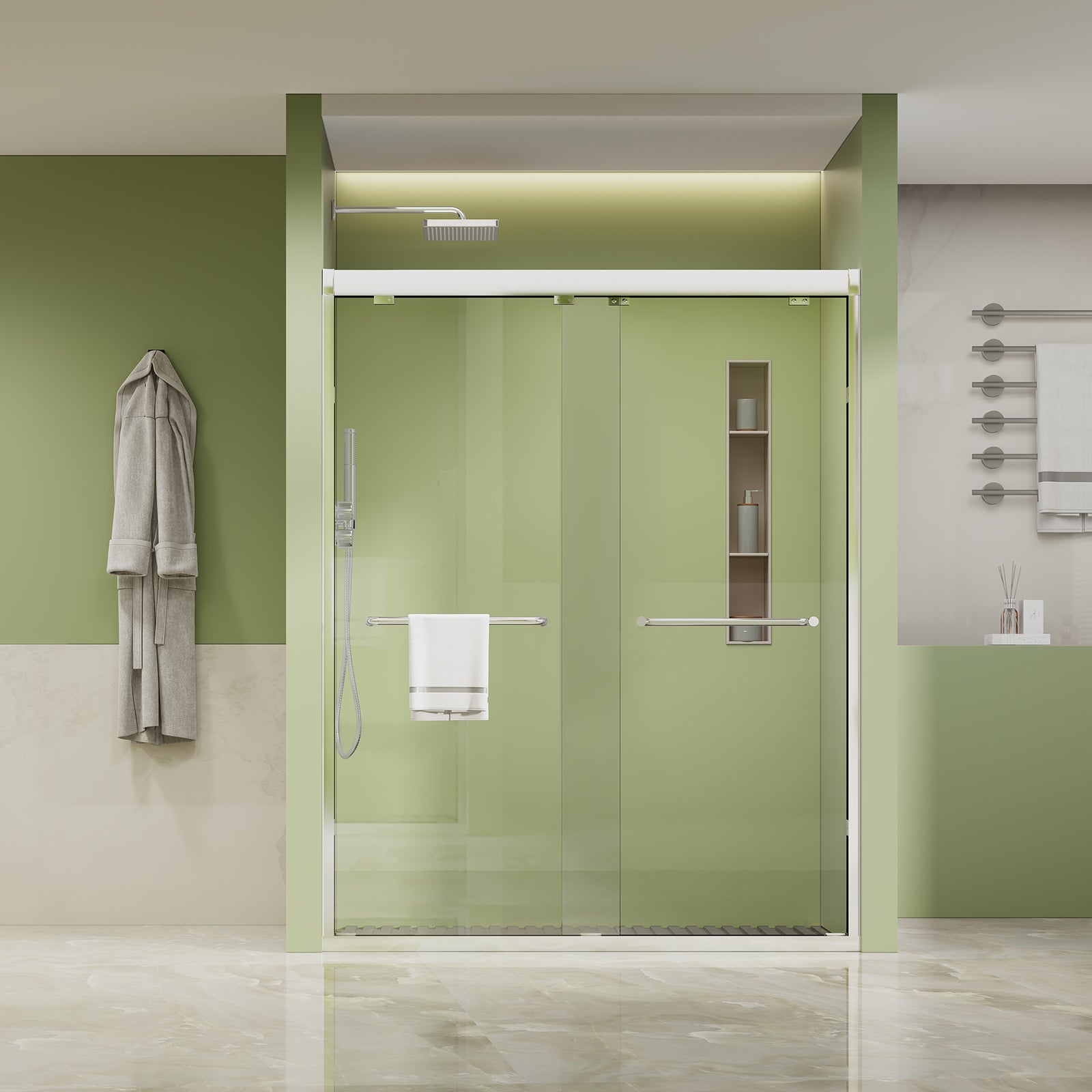
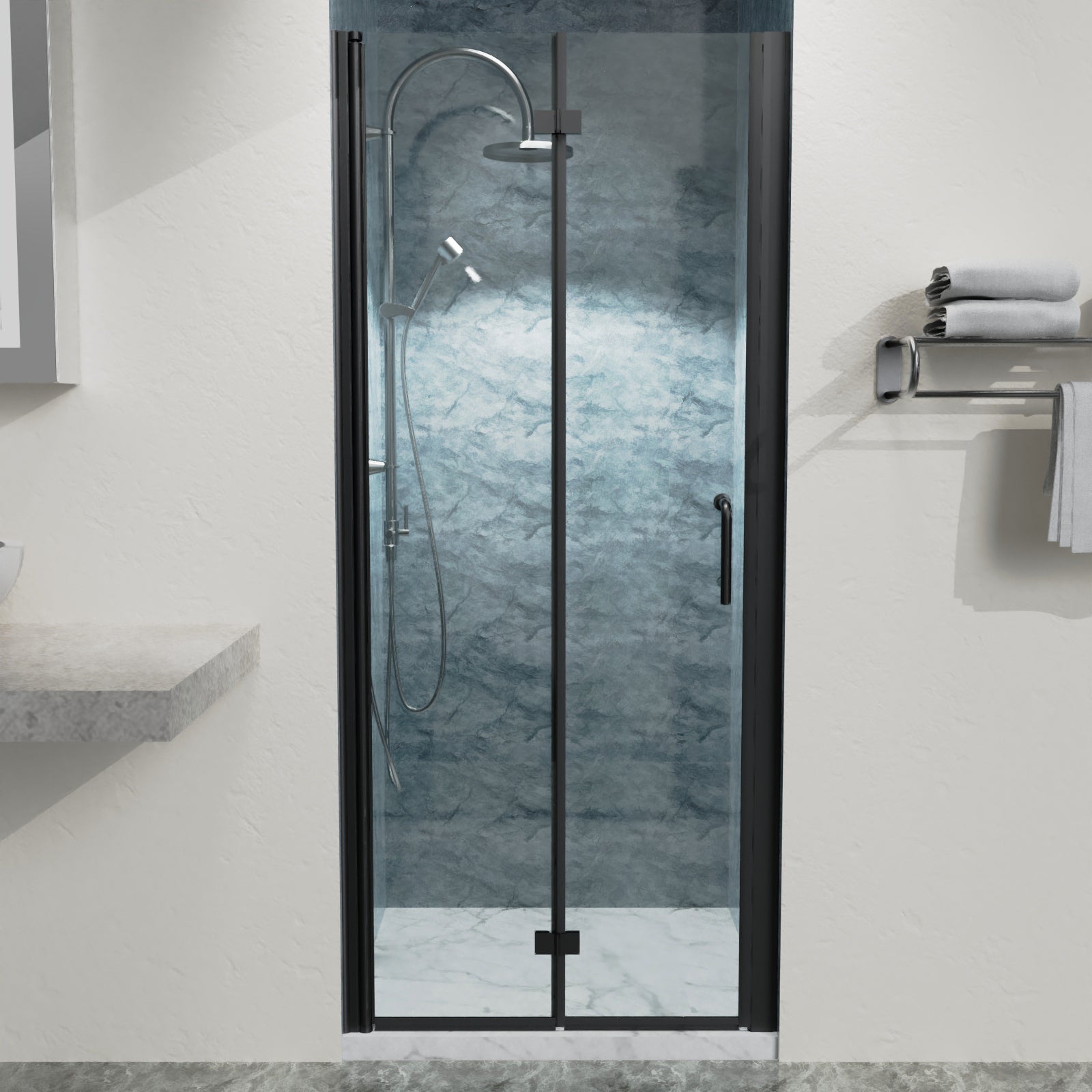
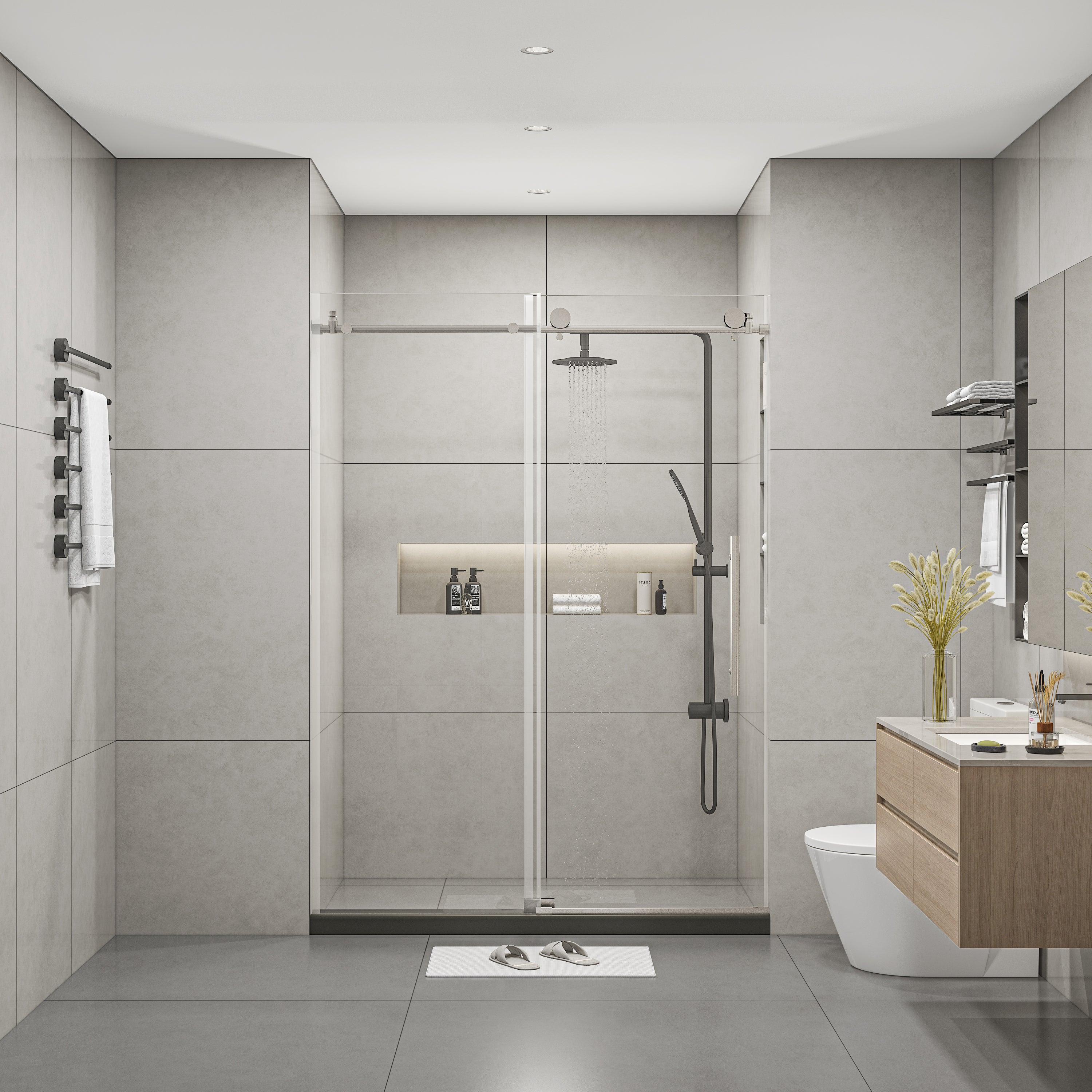

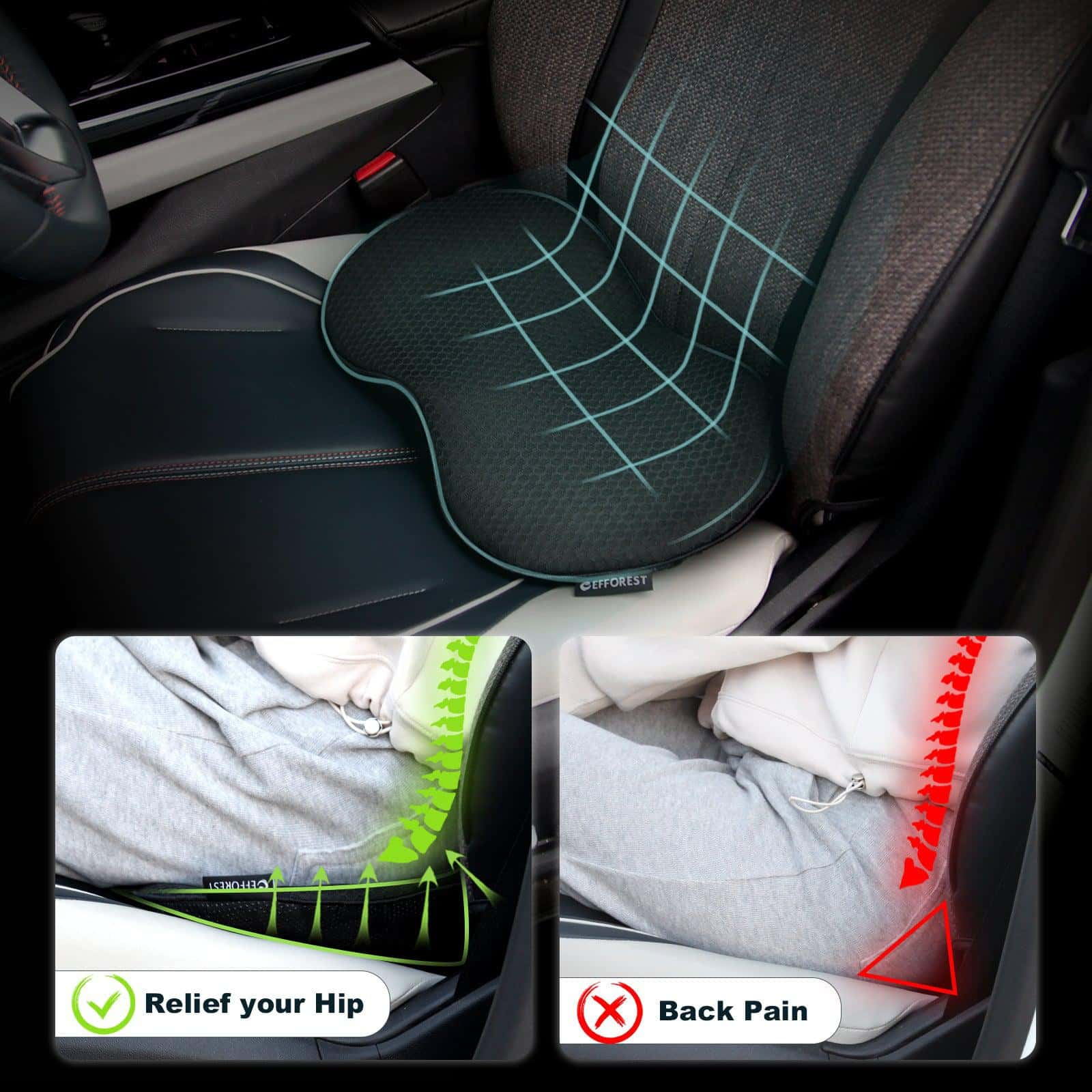

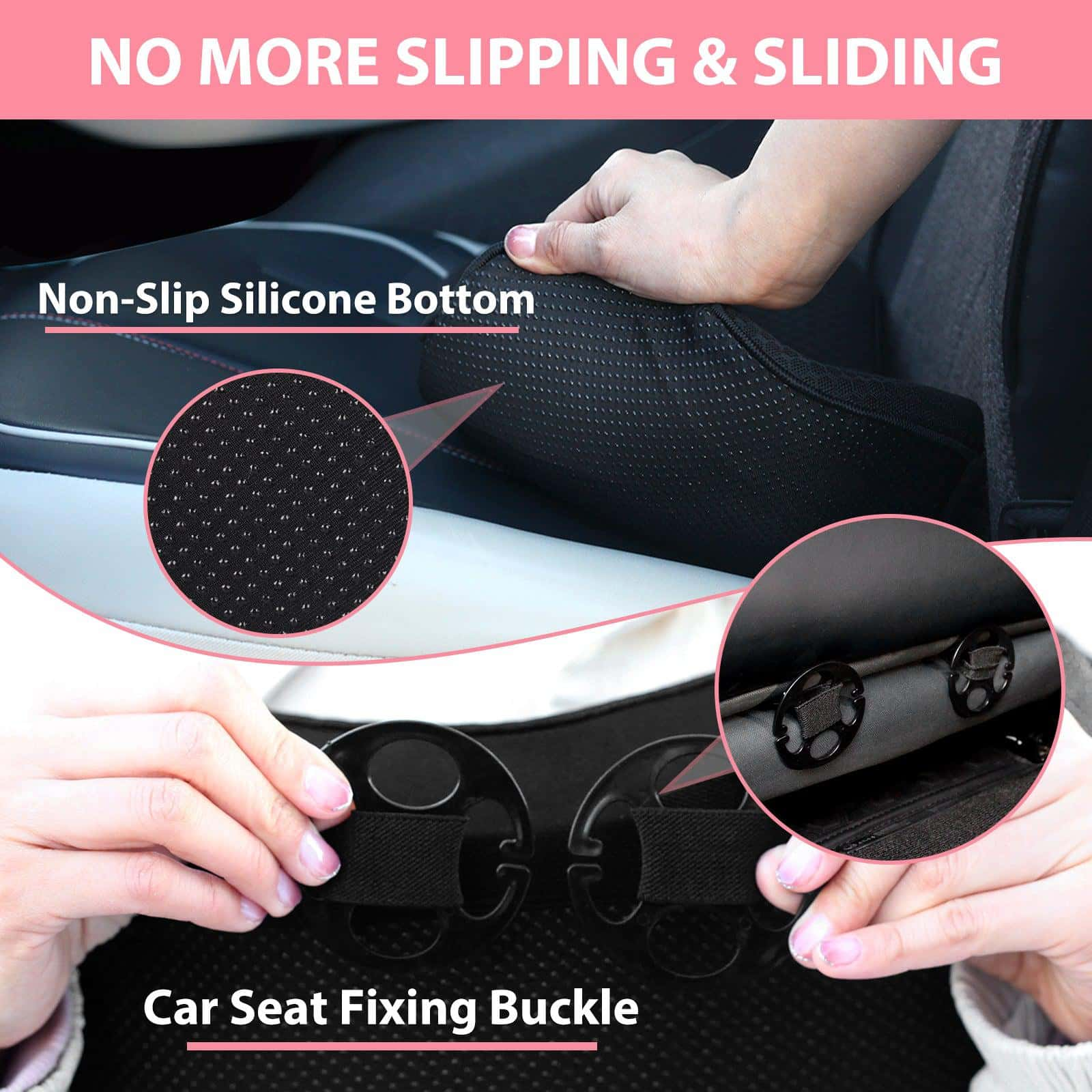
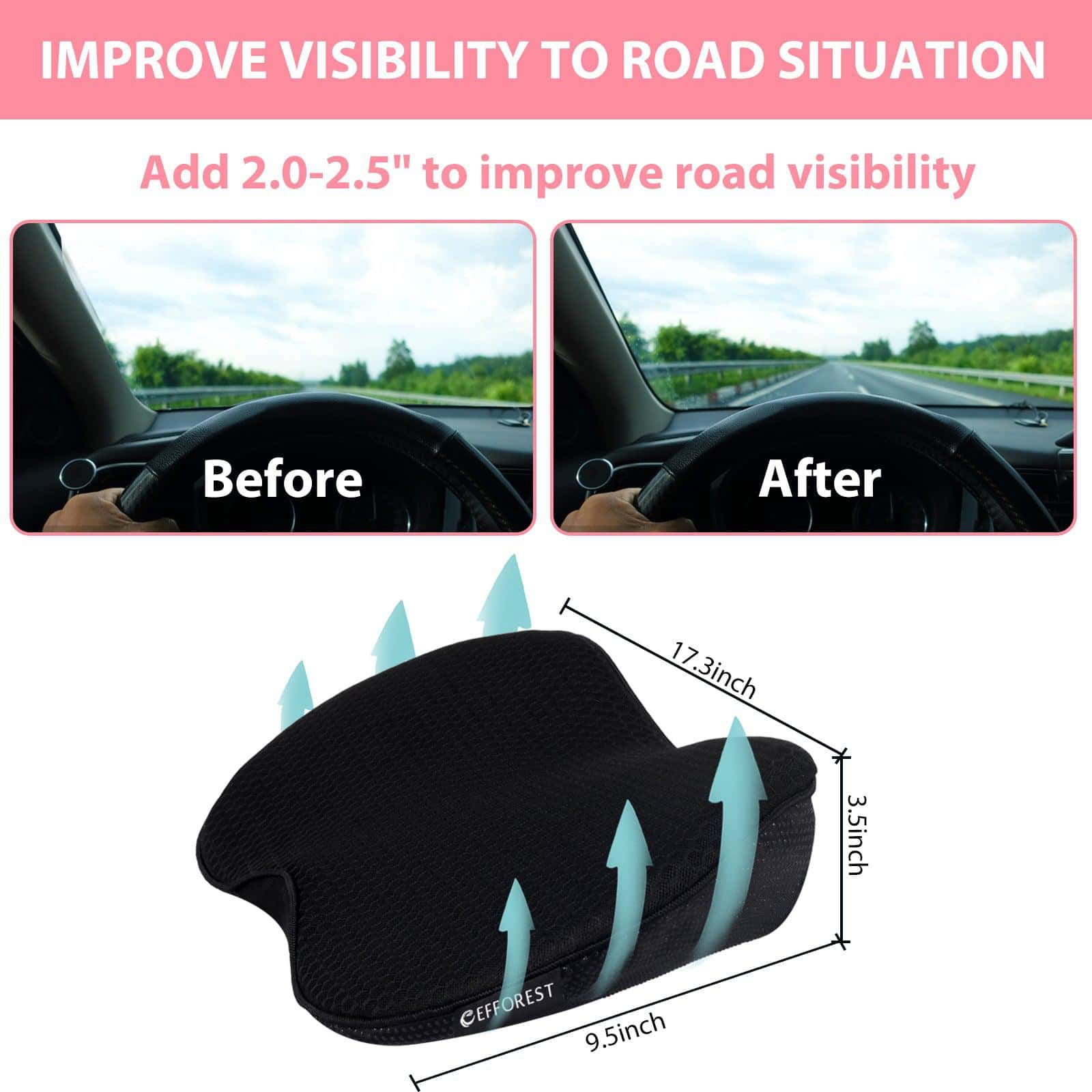
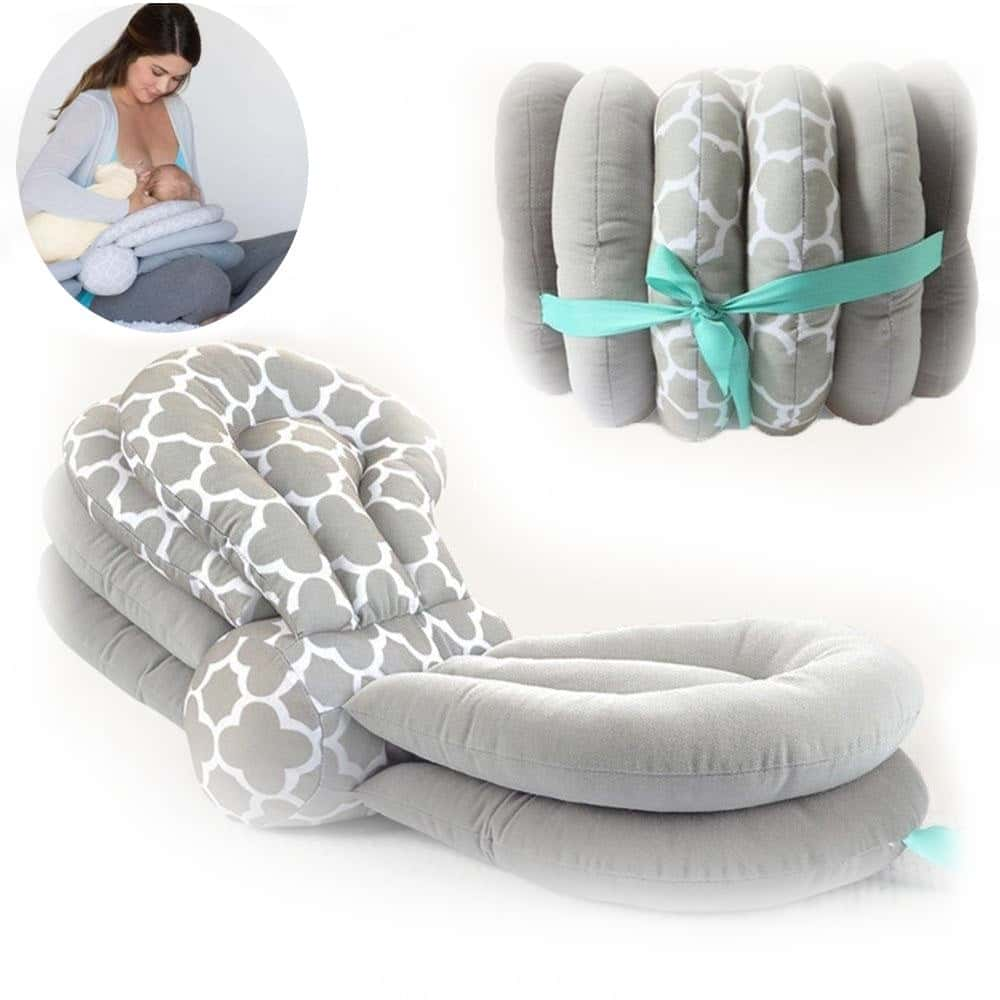
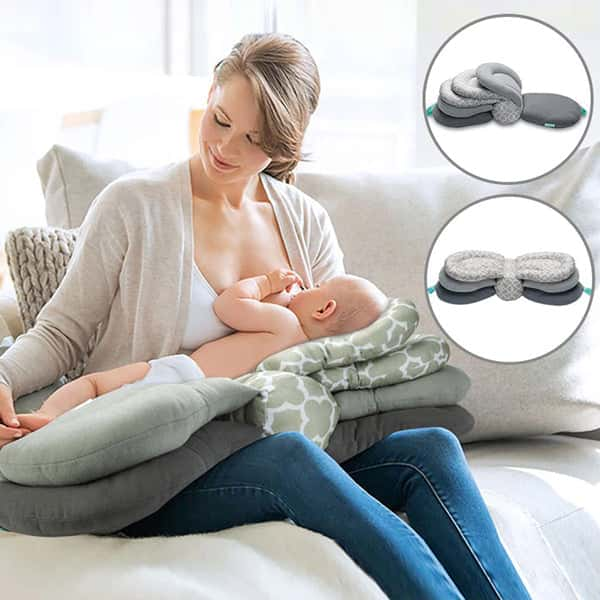
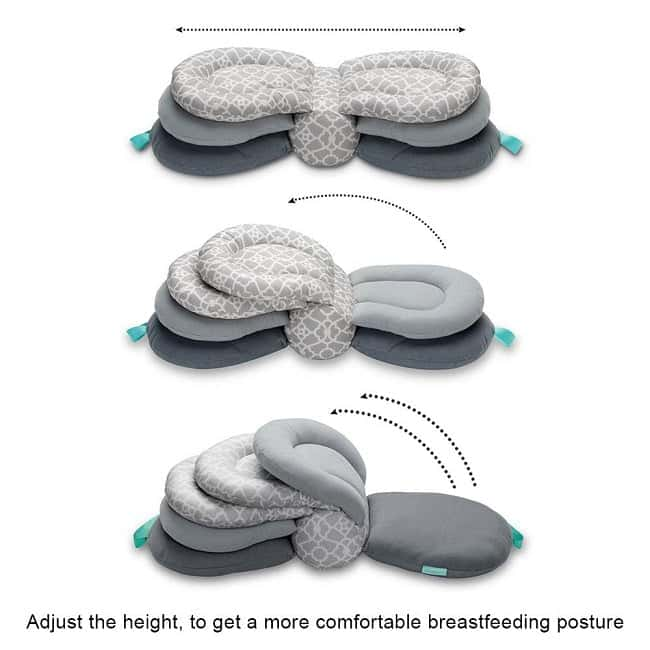
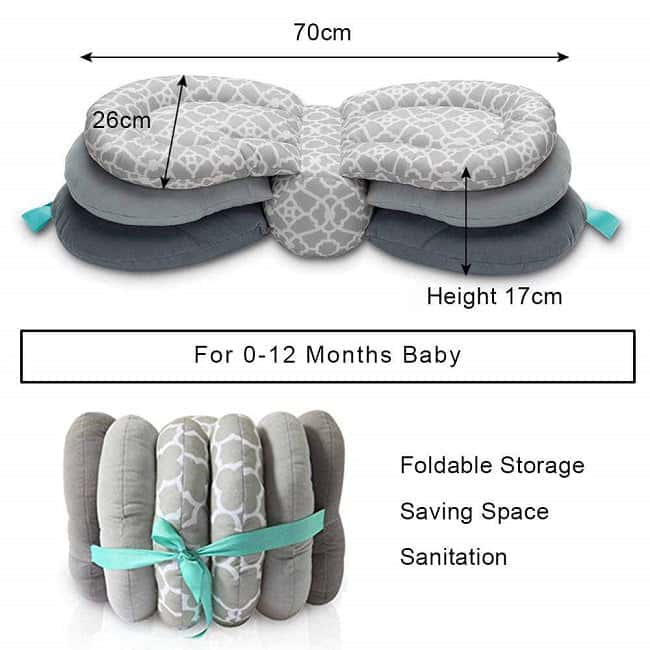
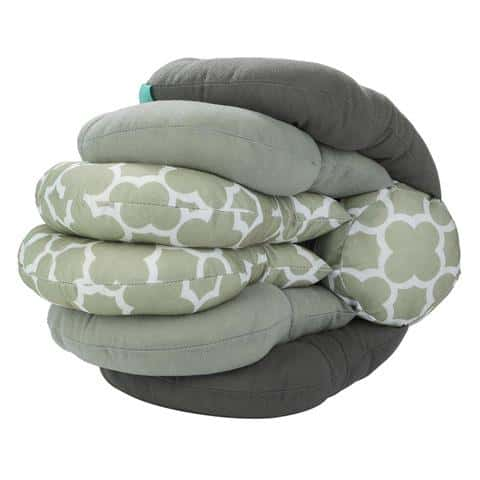
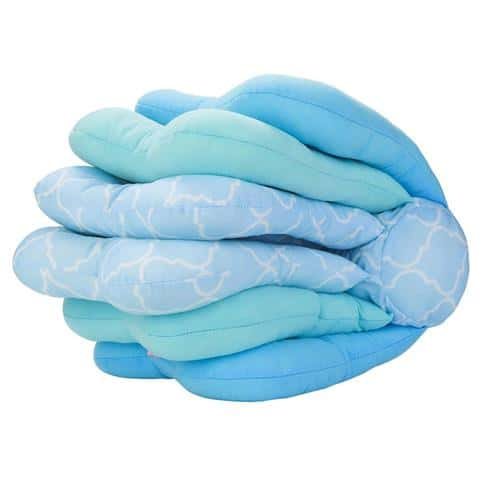
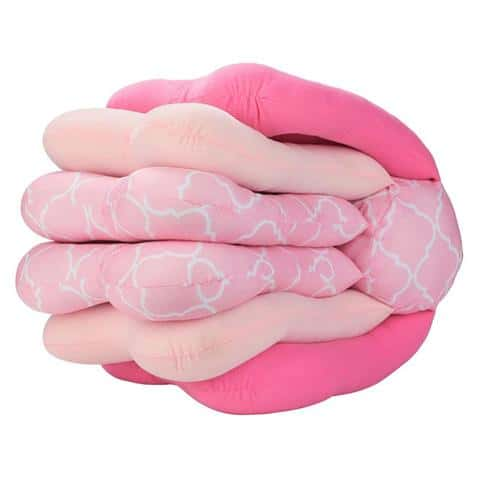
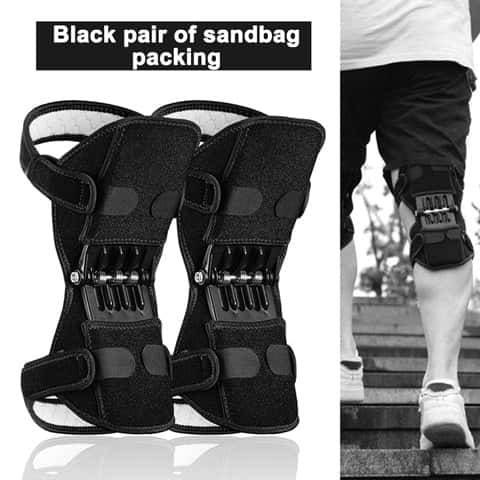
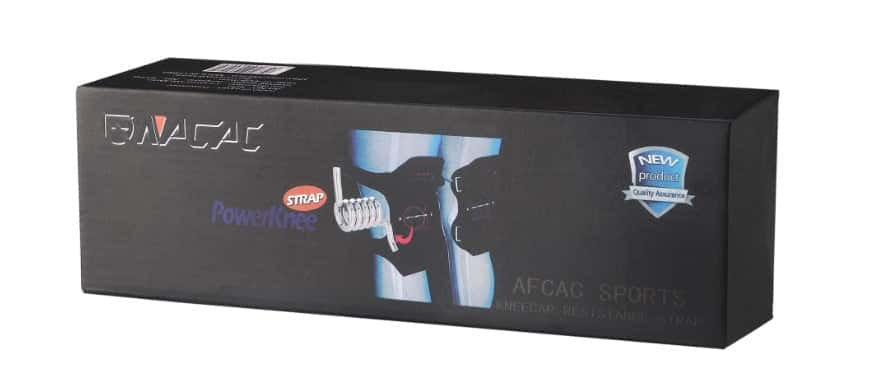
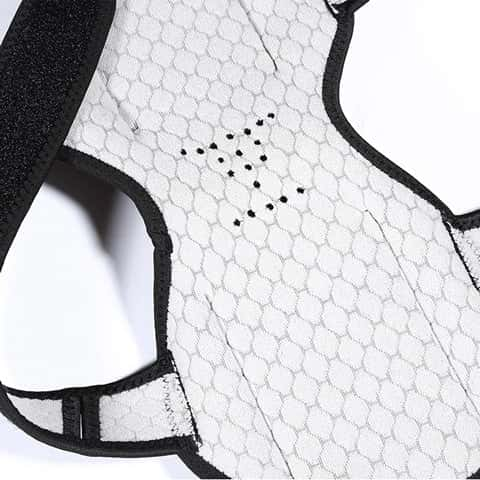
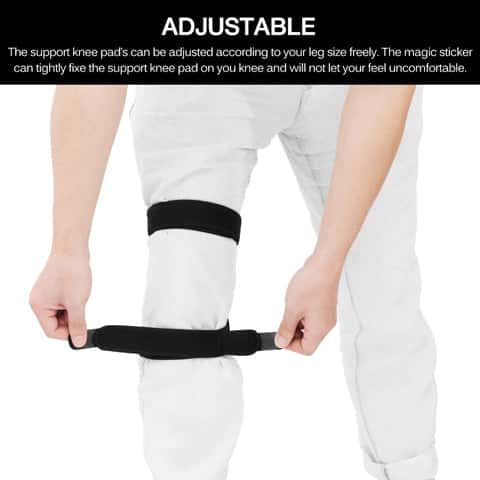
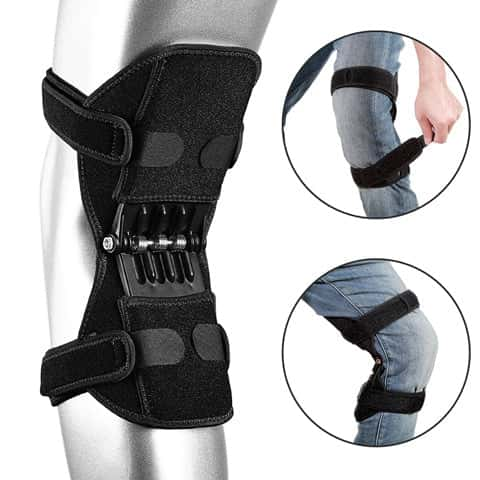
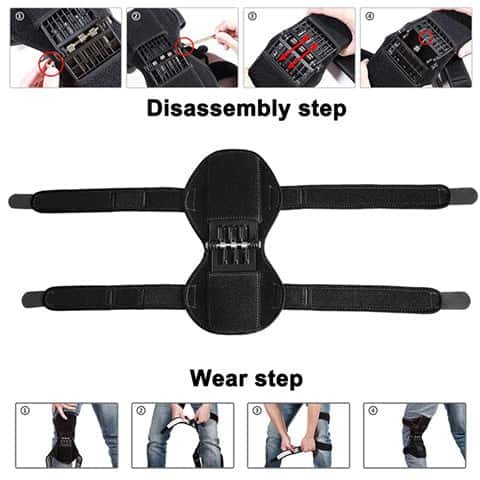
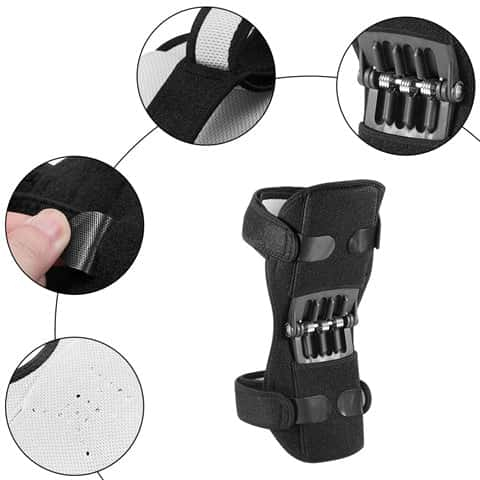
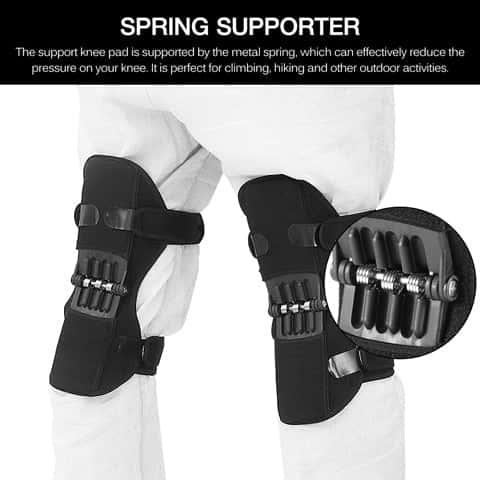
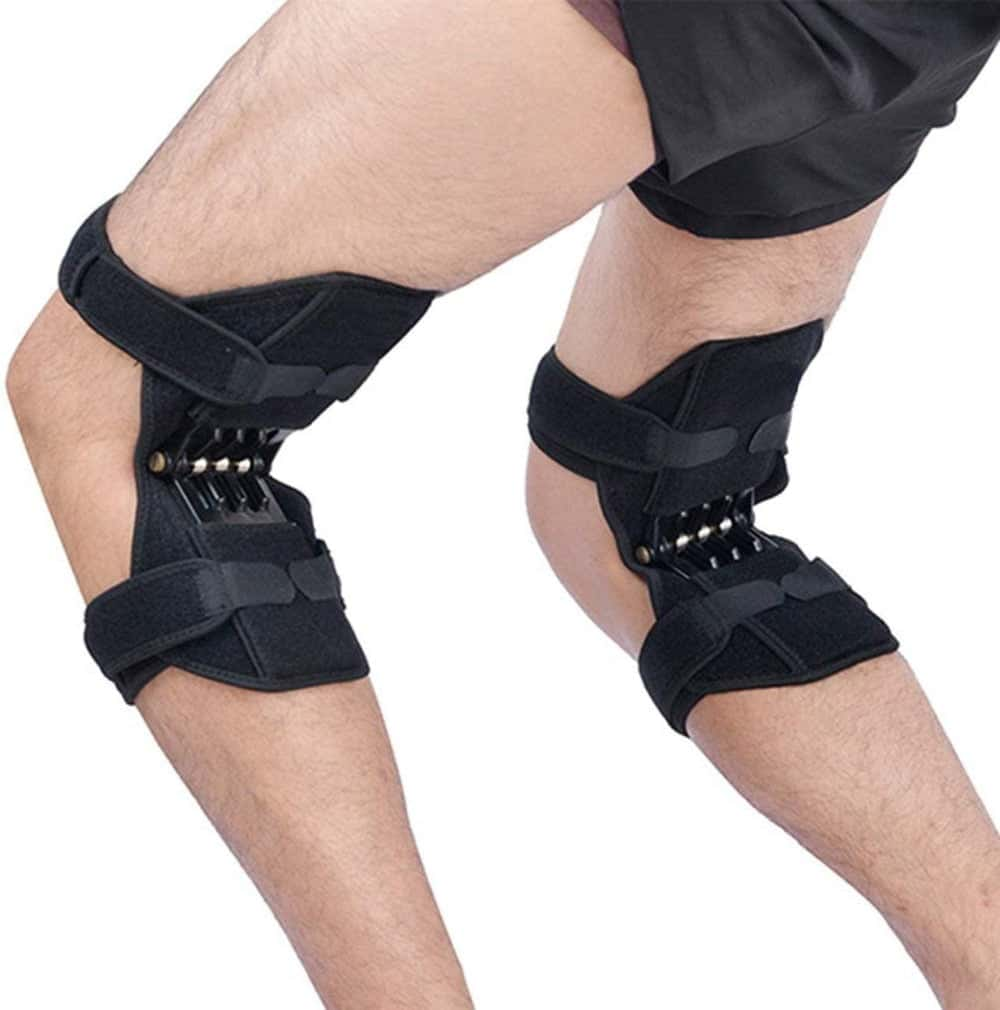
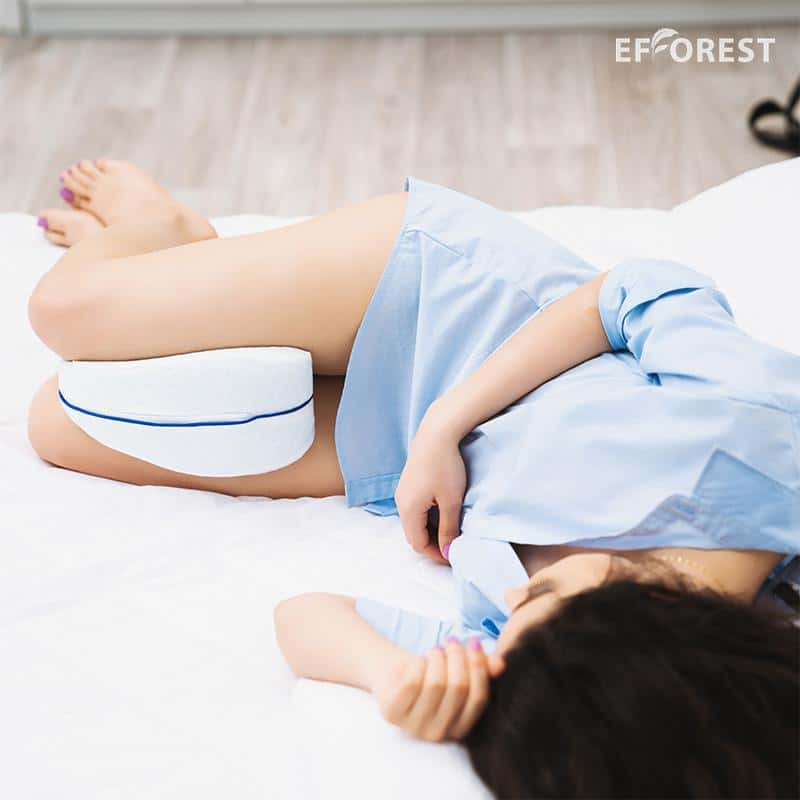
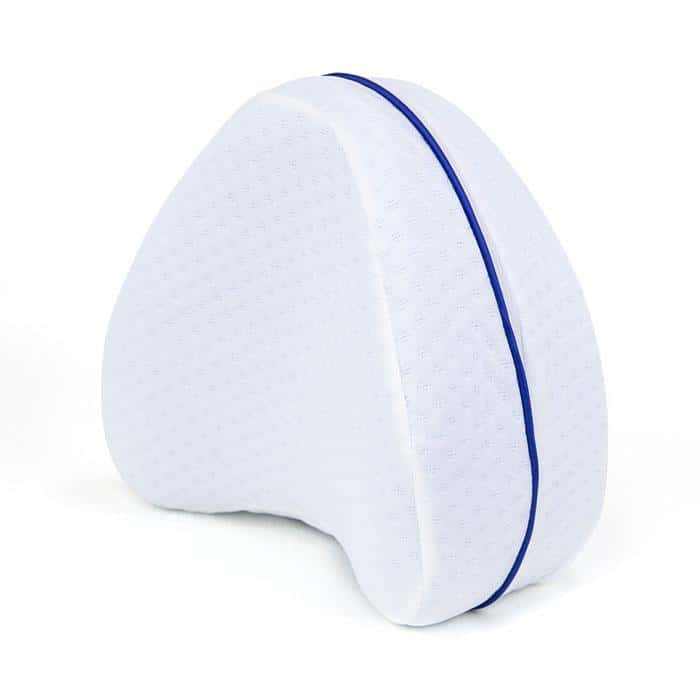

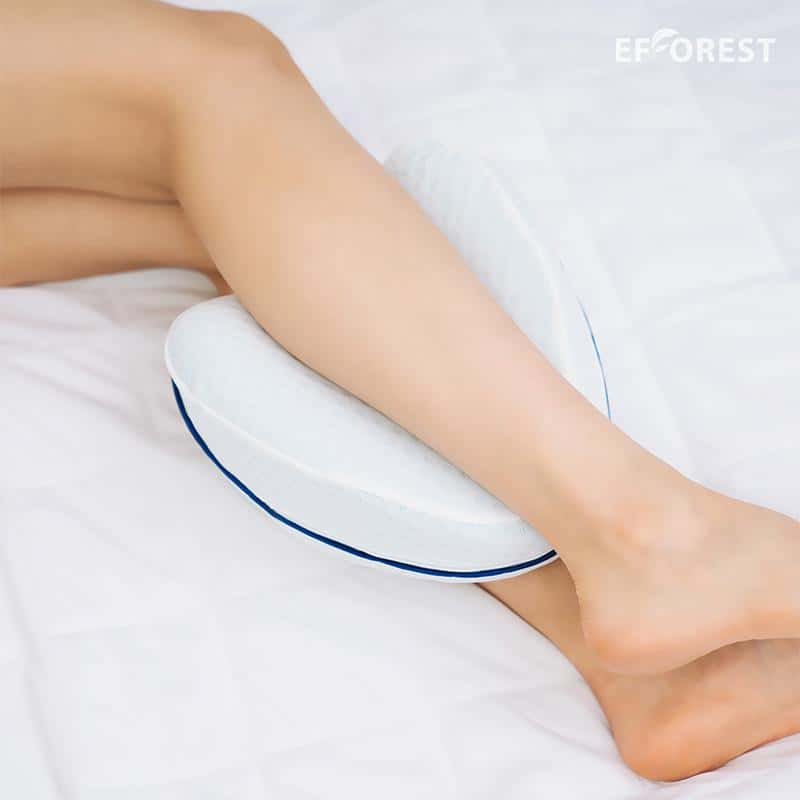
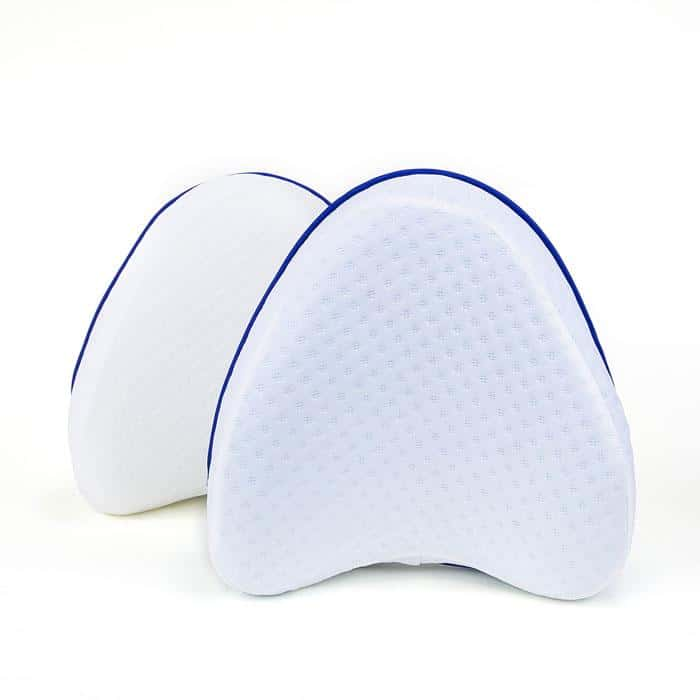
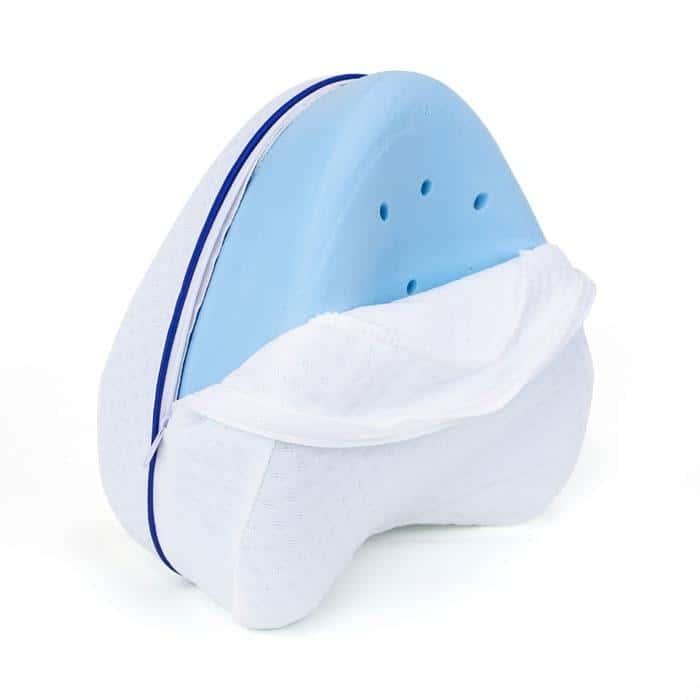
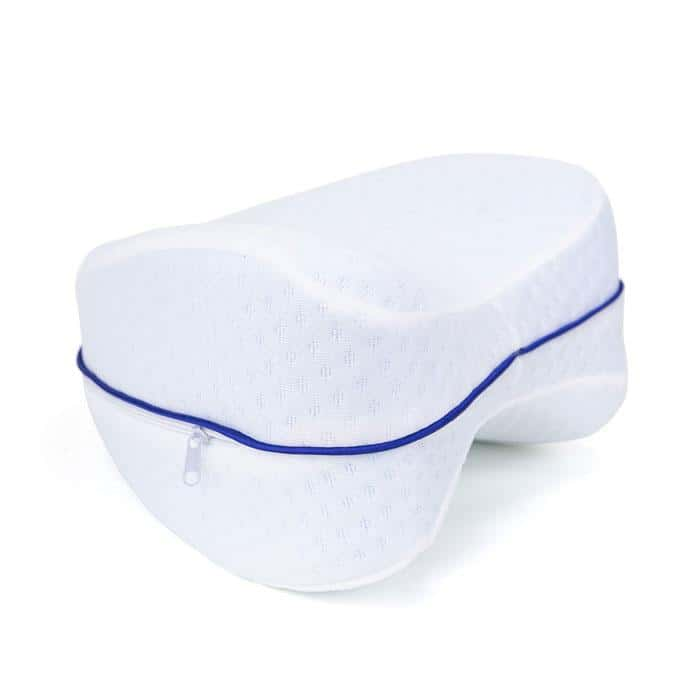

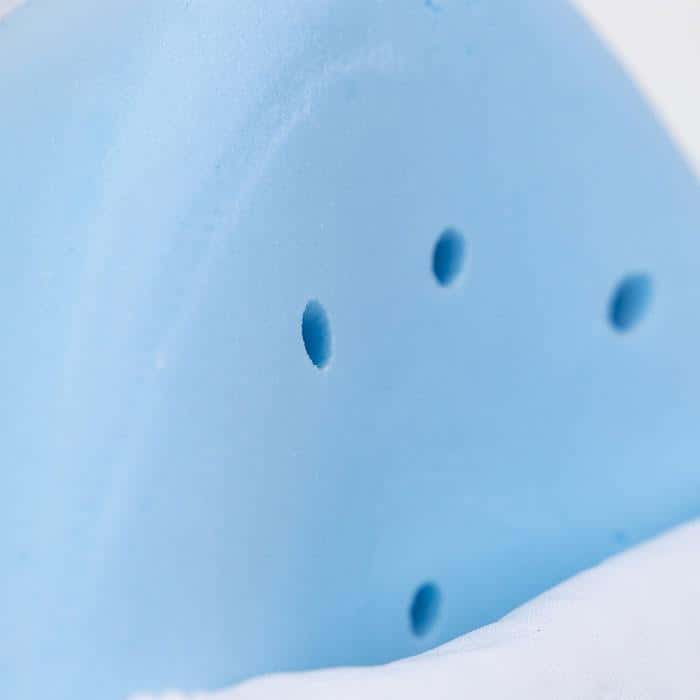
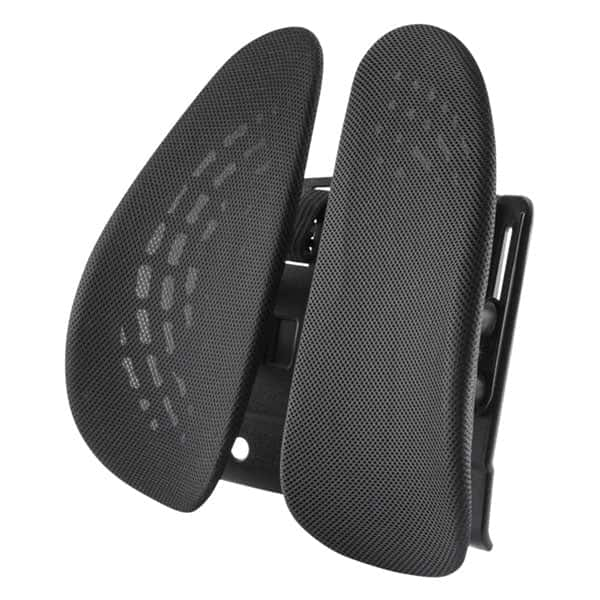
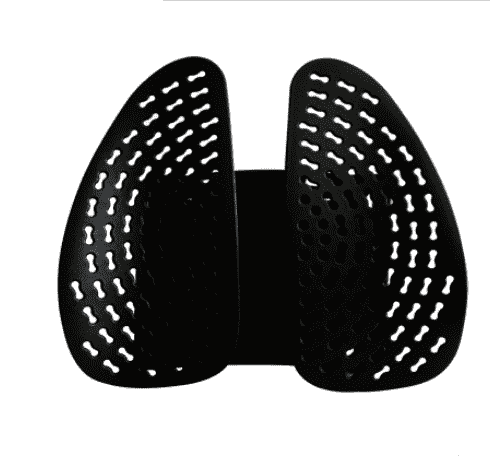
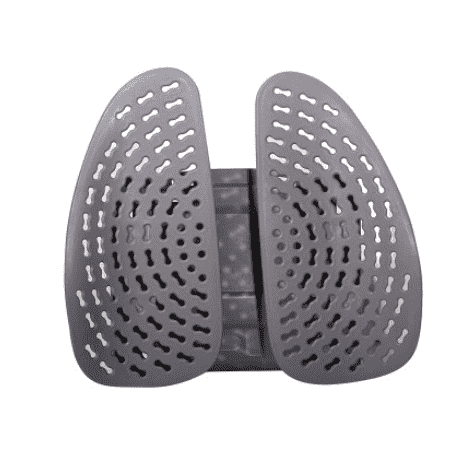
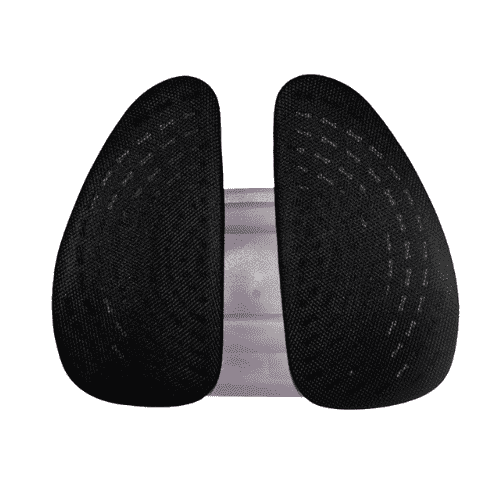




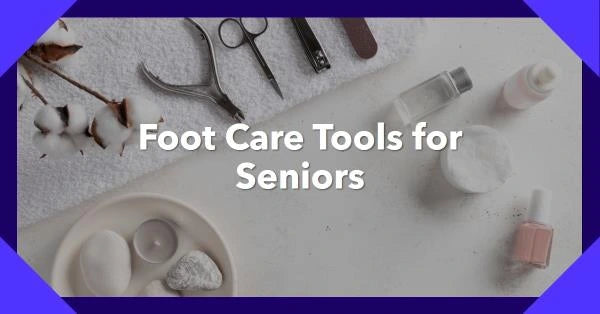
Share and get 15% off!
Simply share this product on one of the following social networks and you will unlock 15% off!